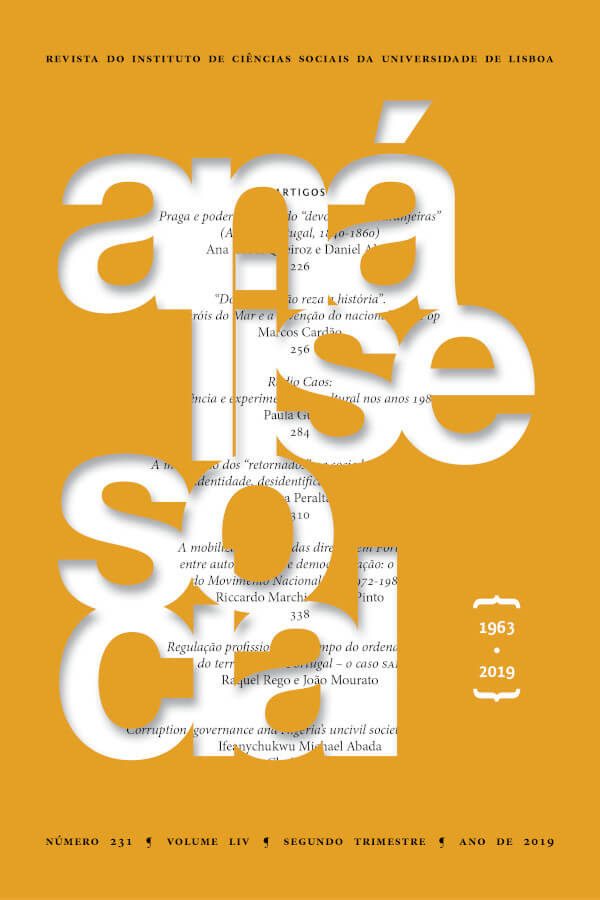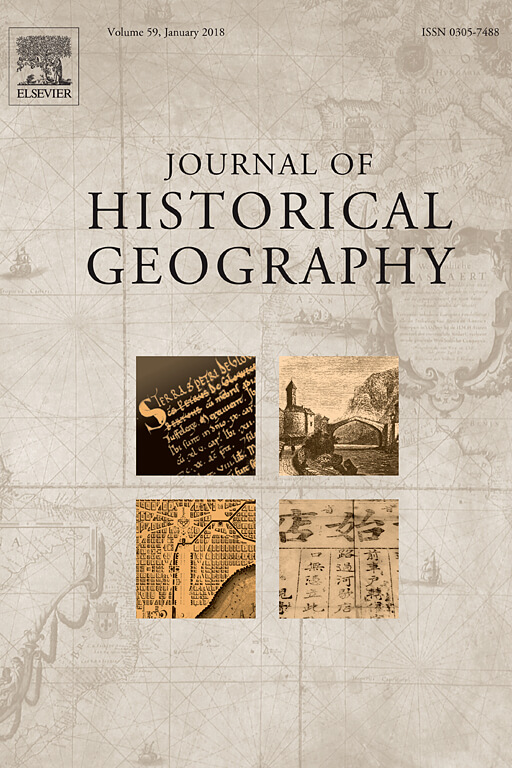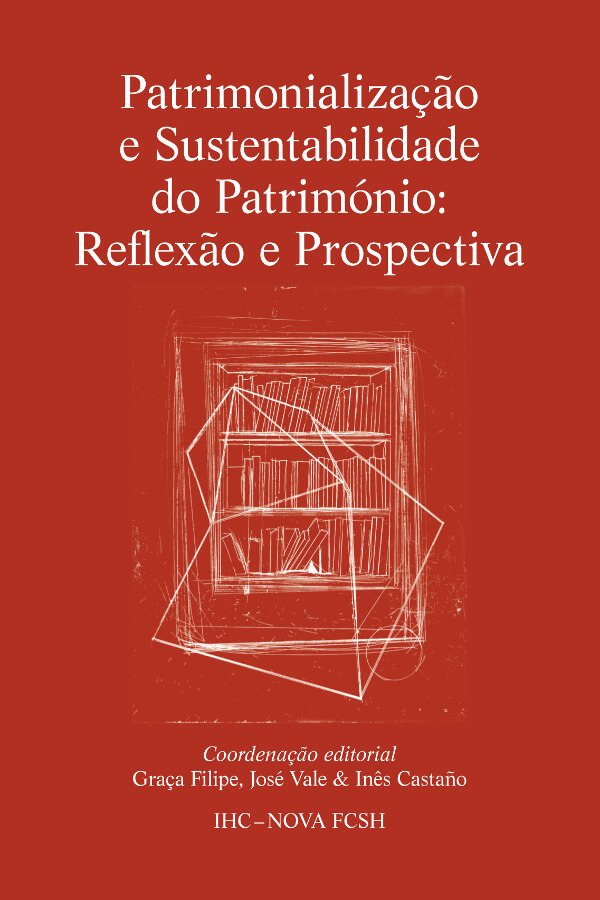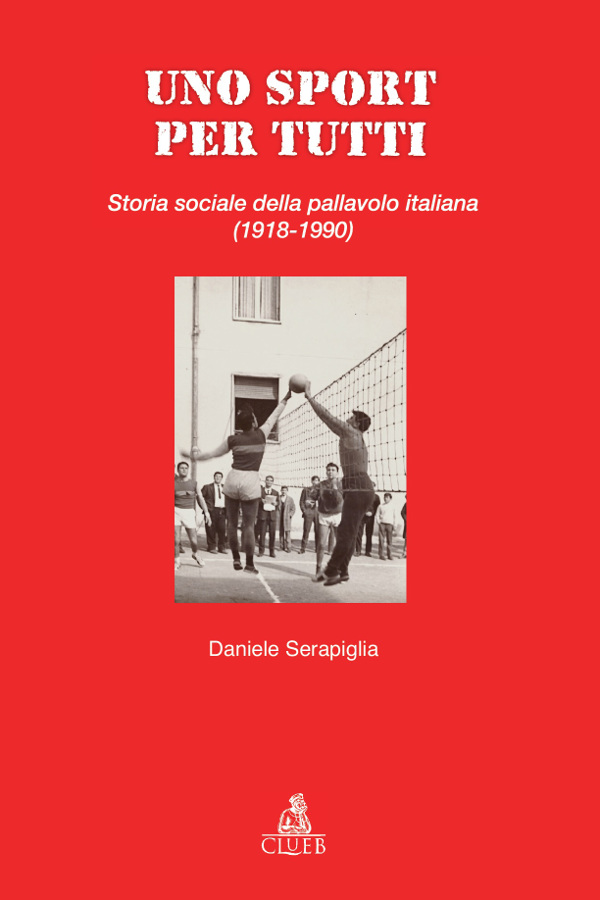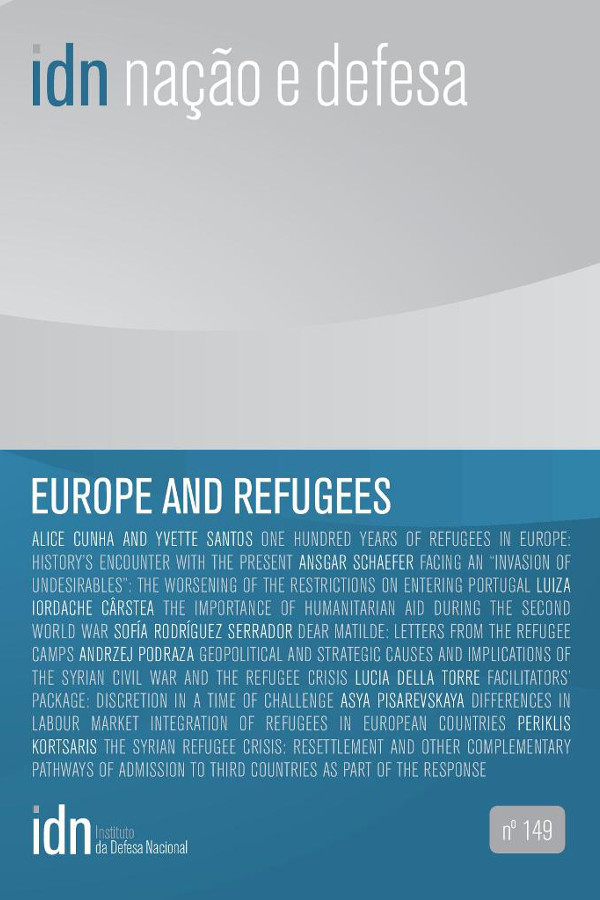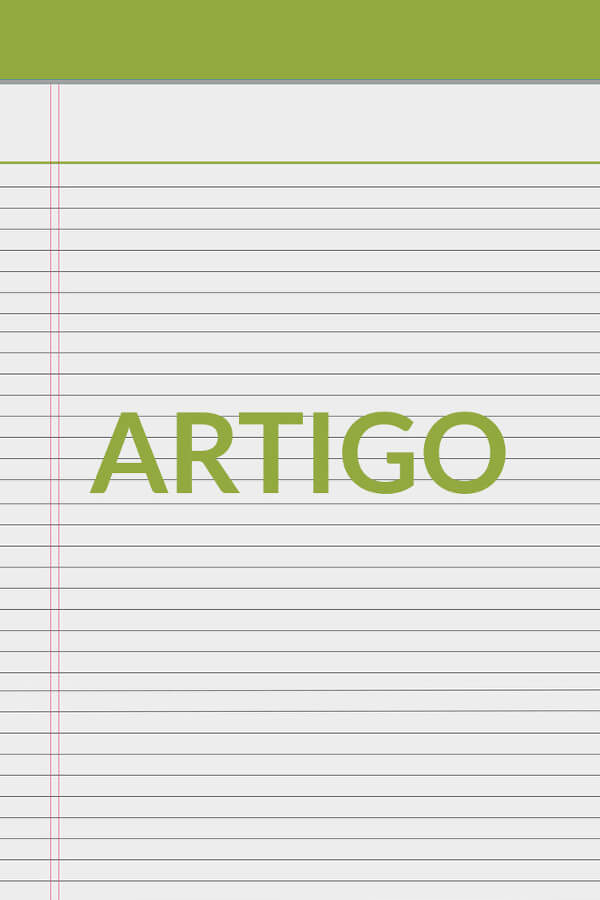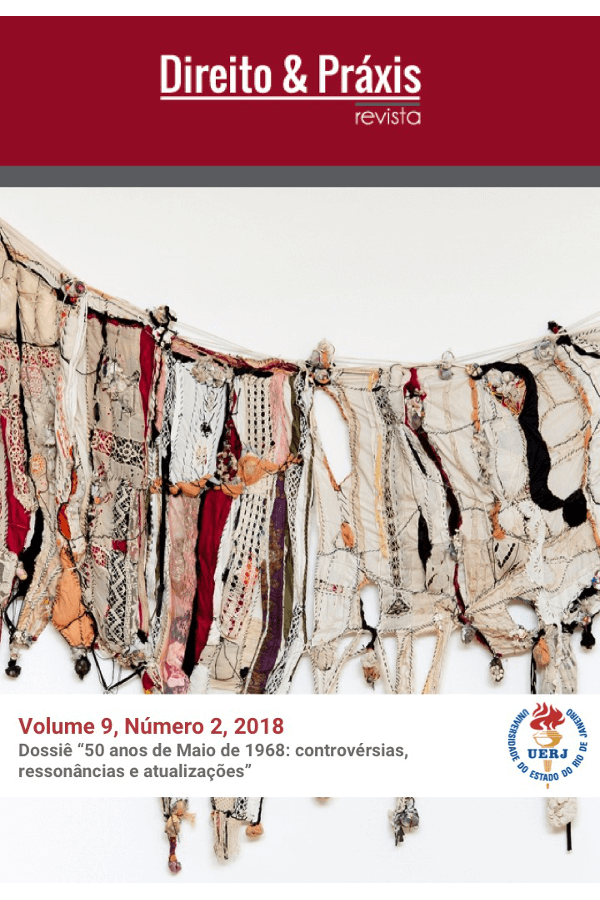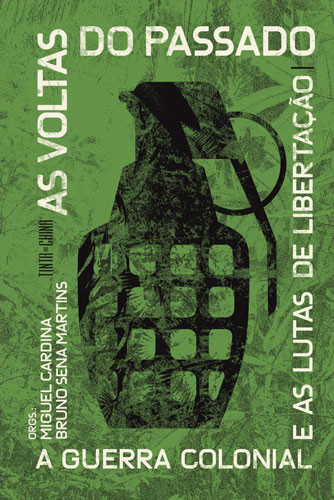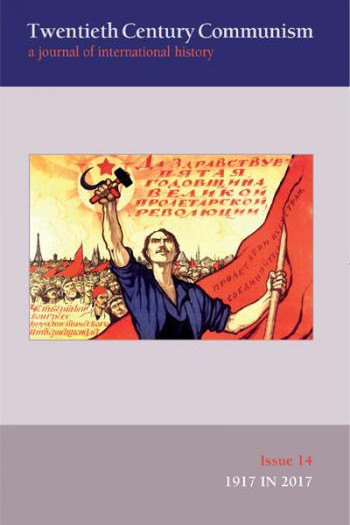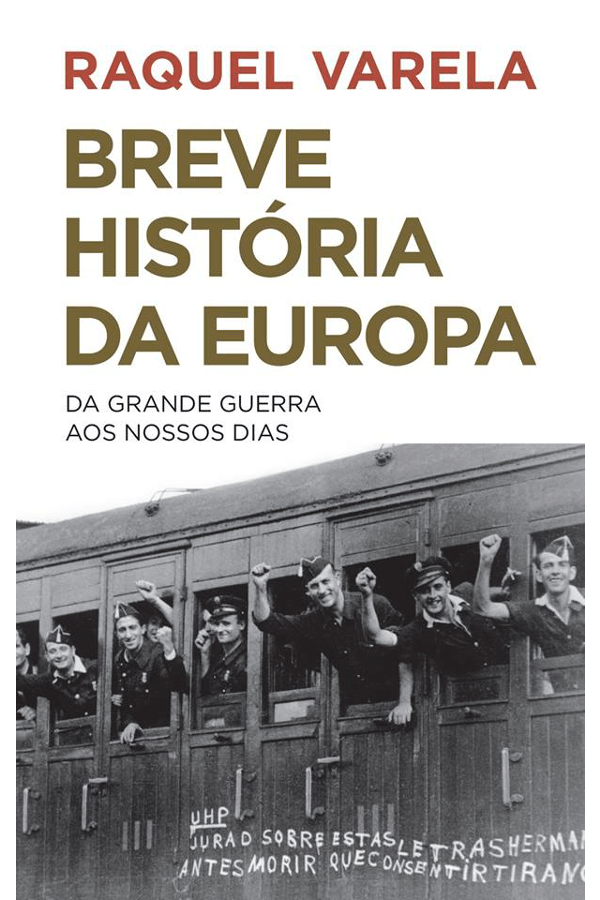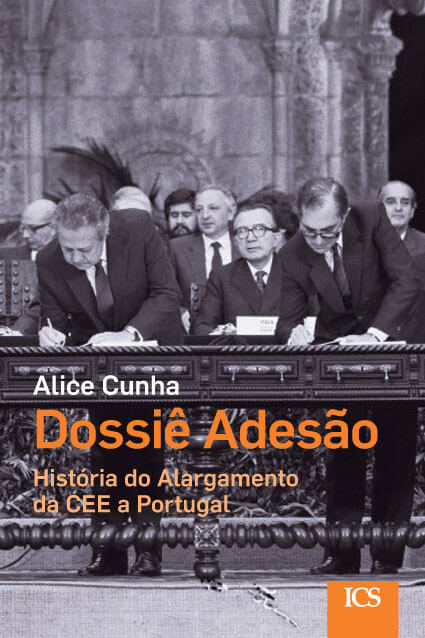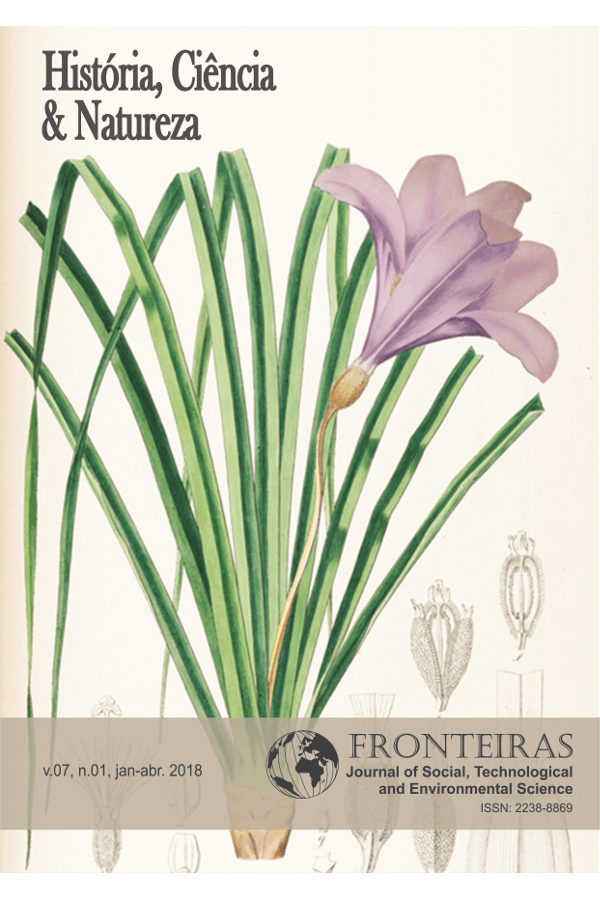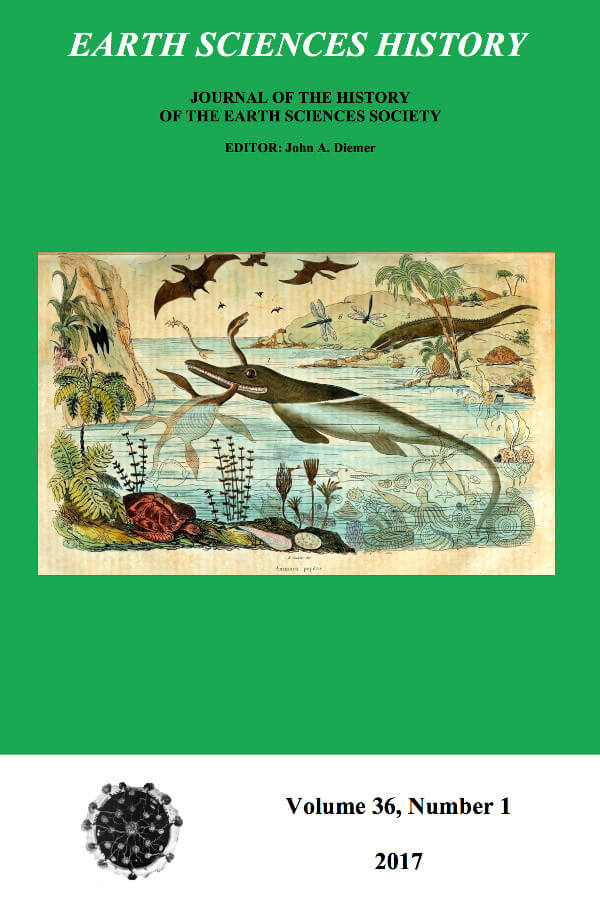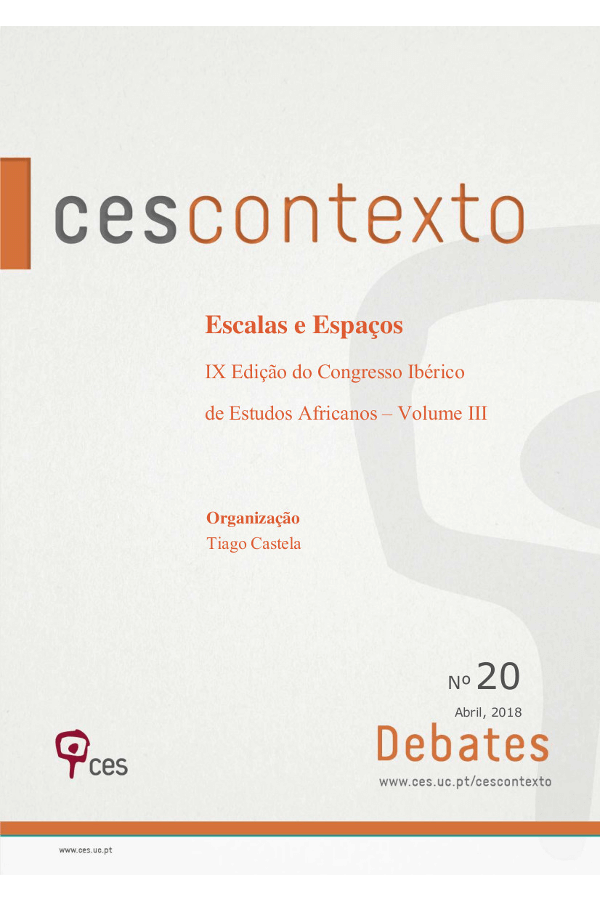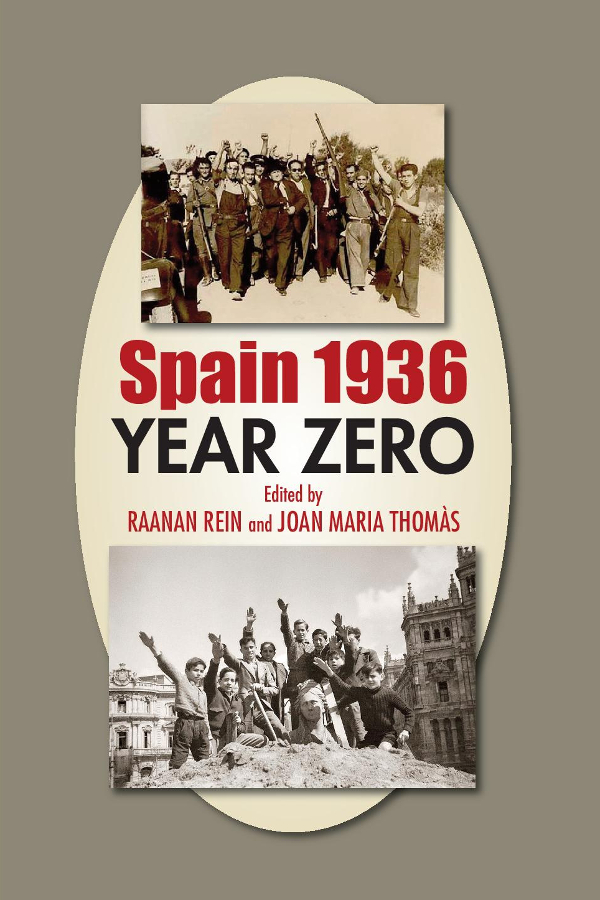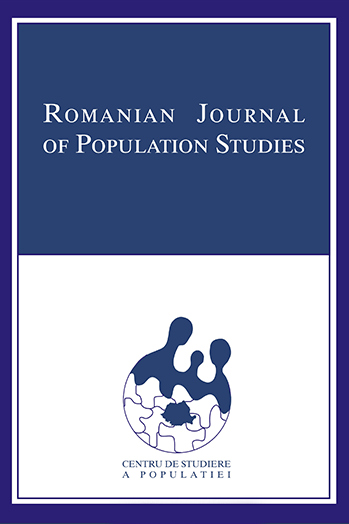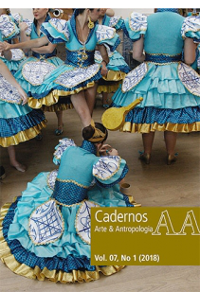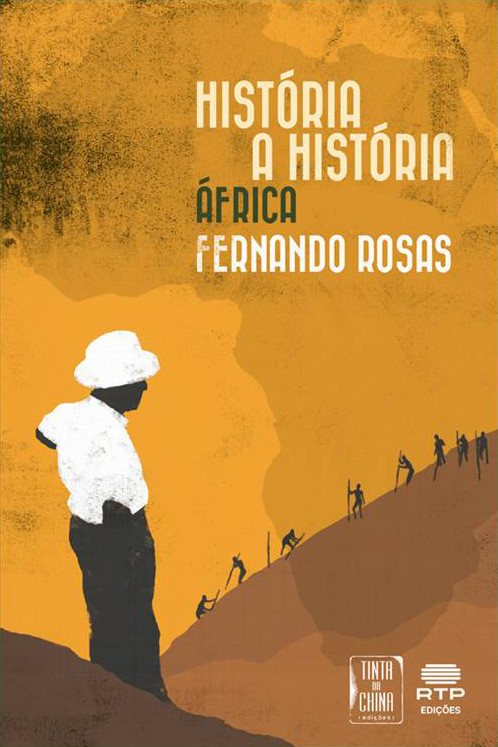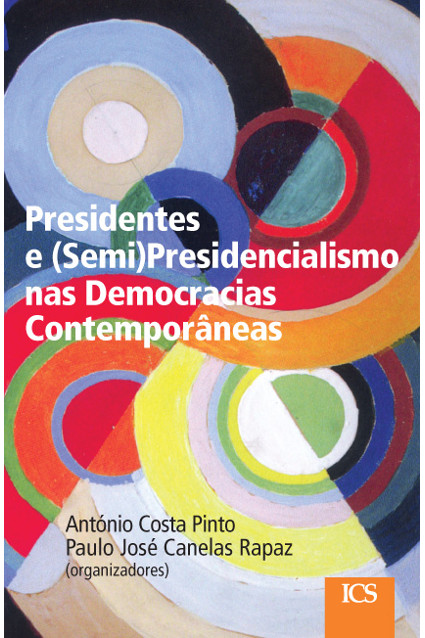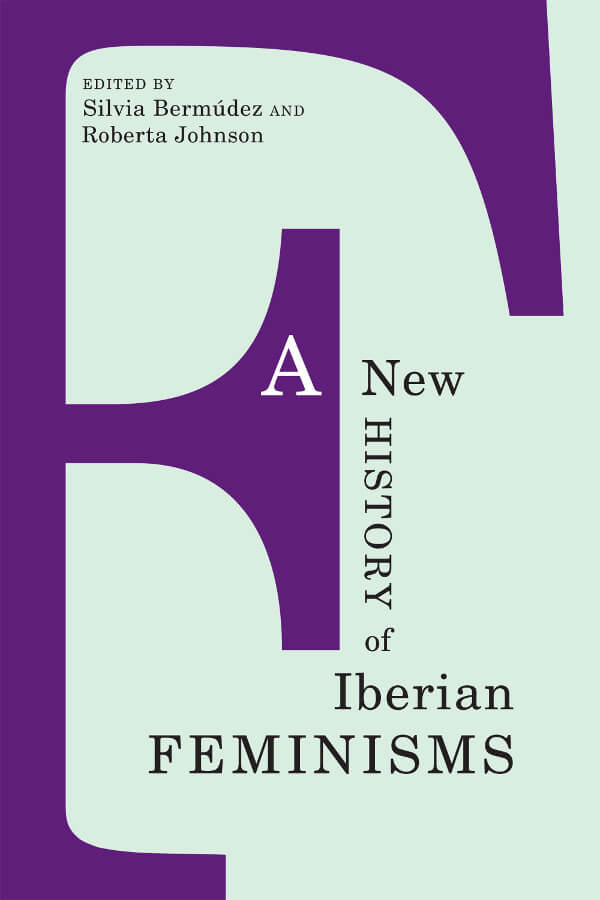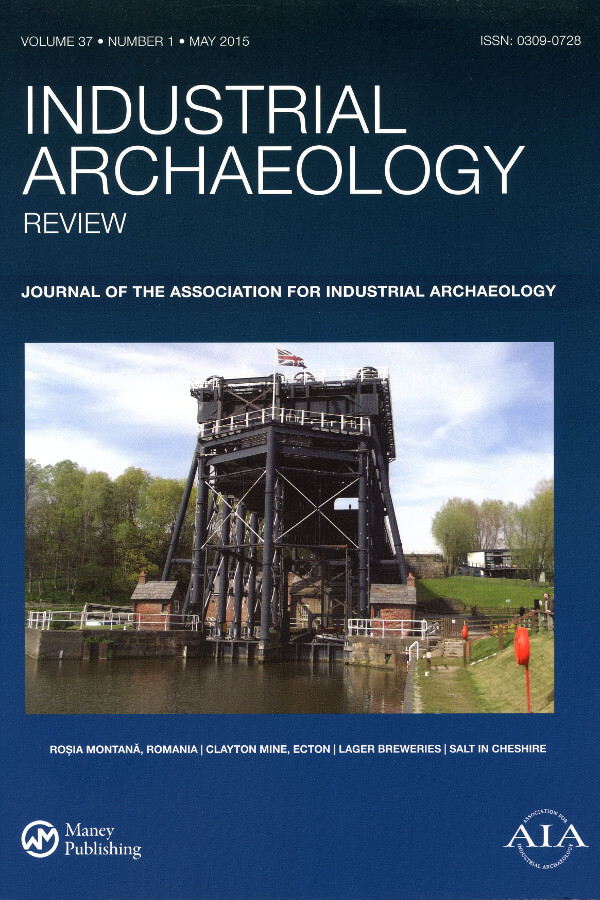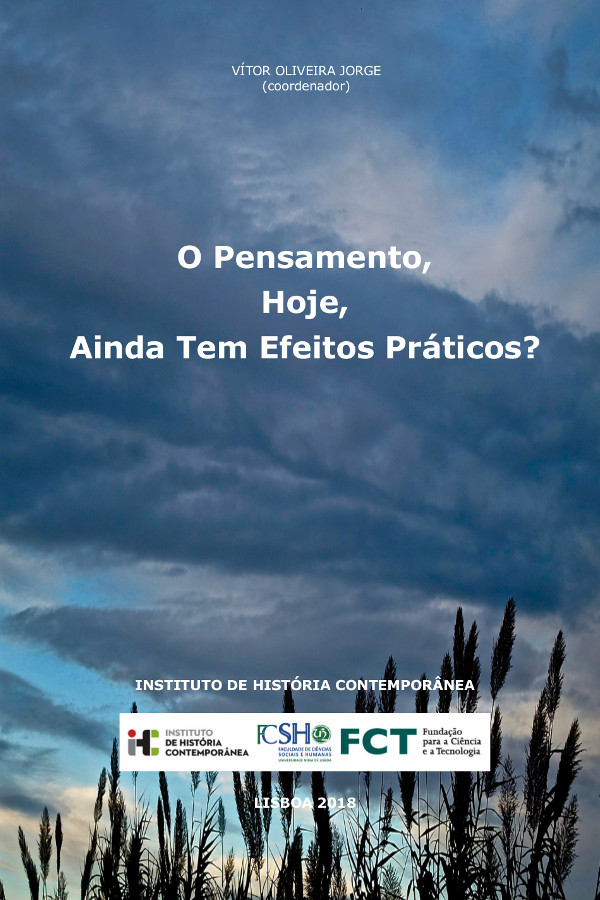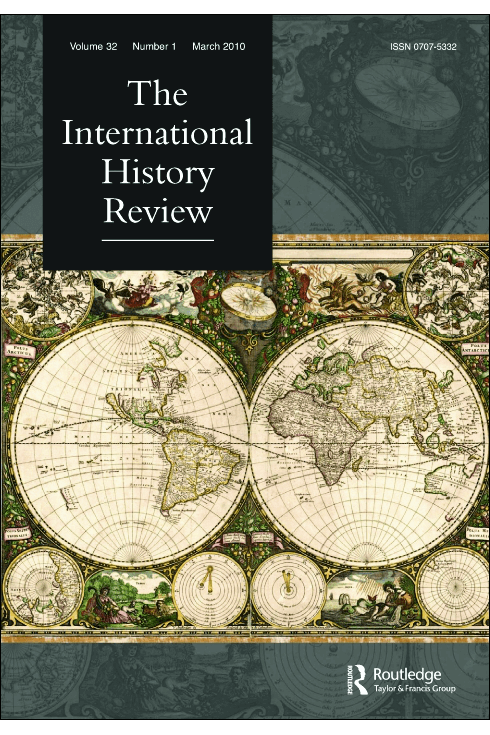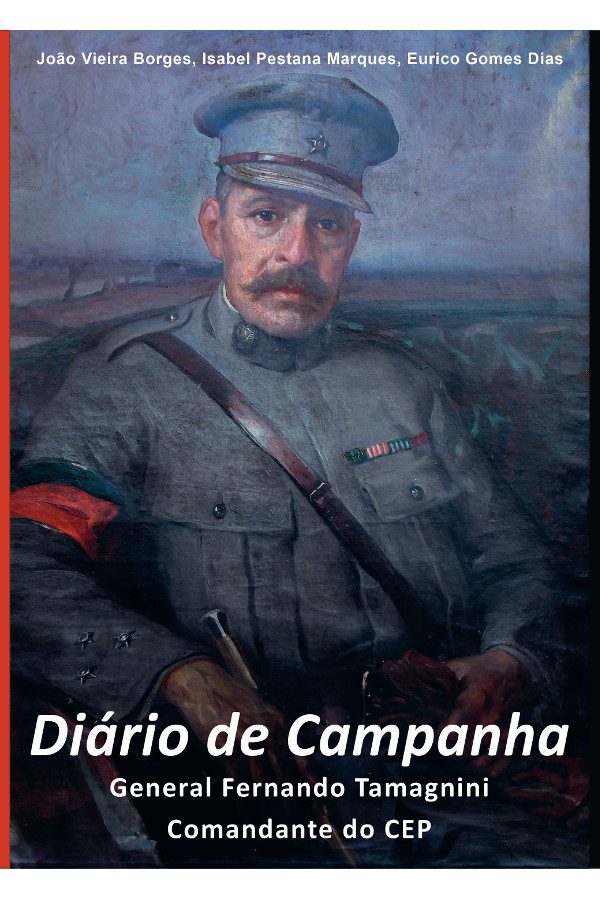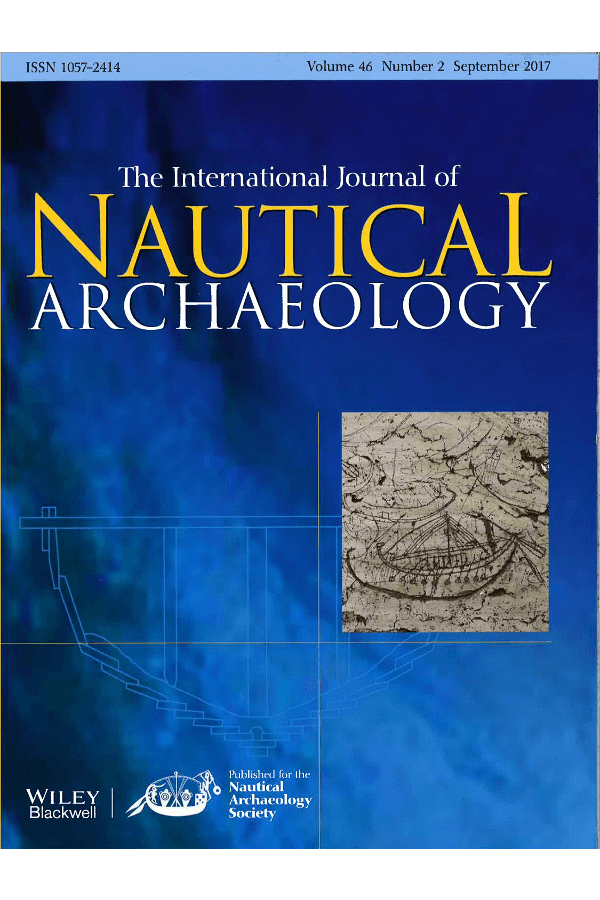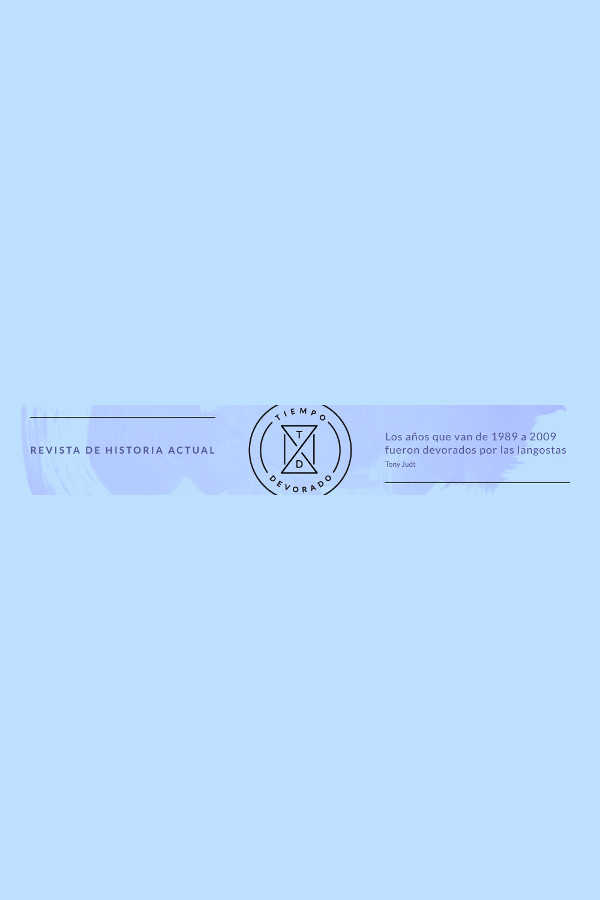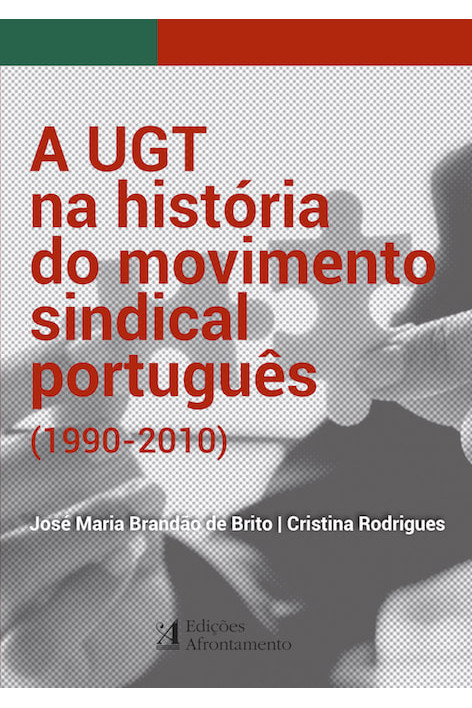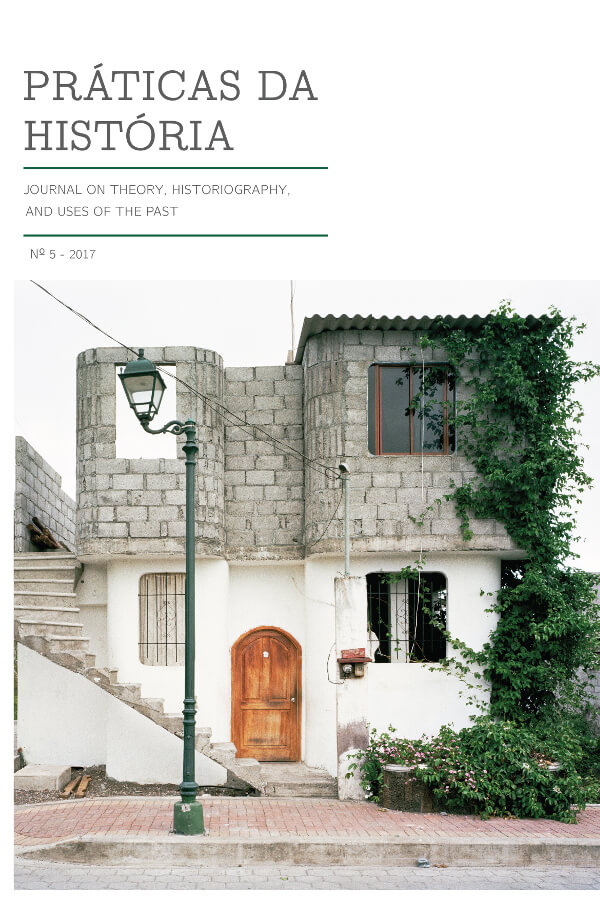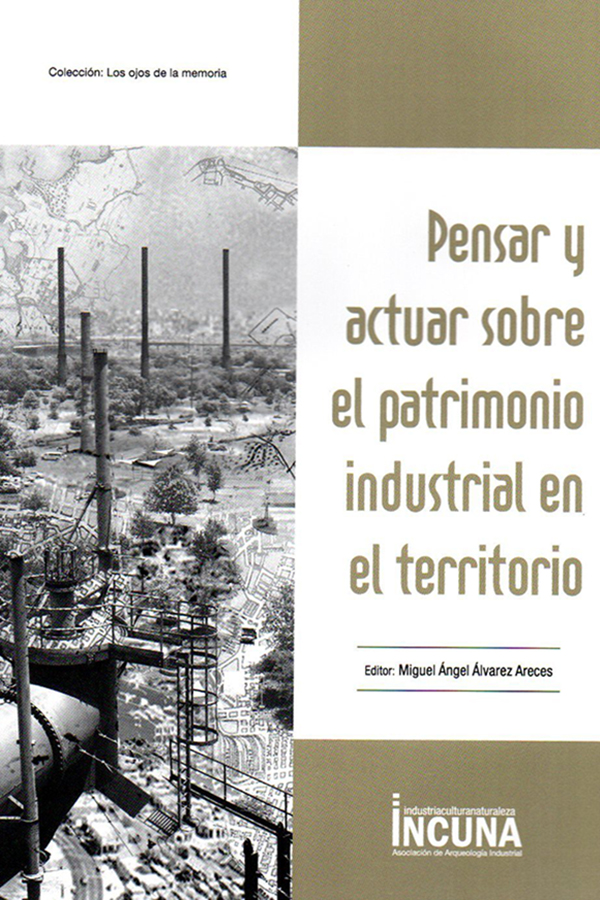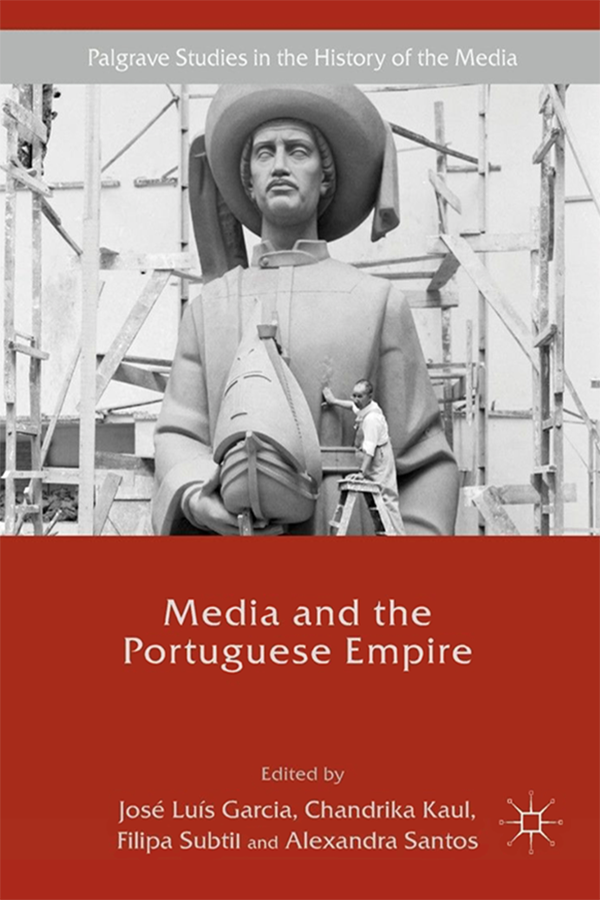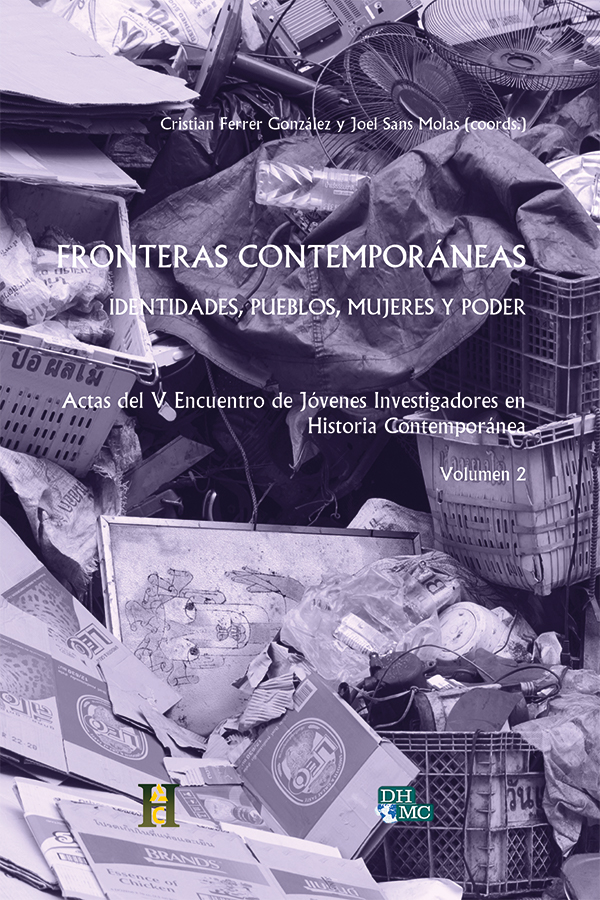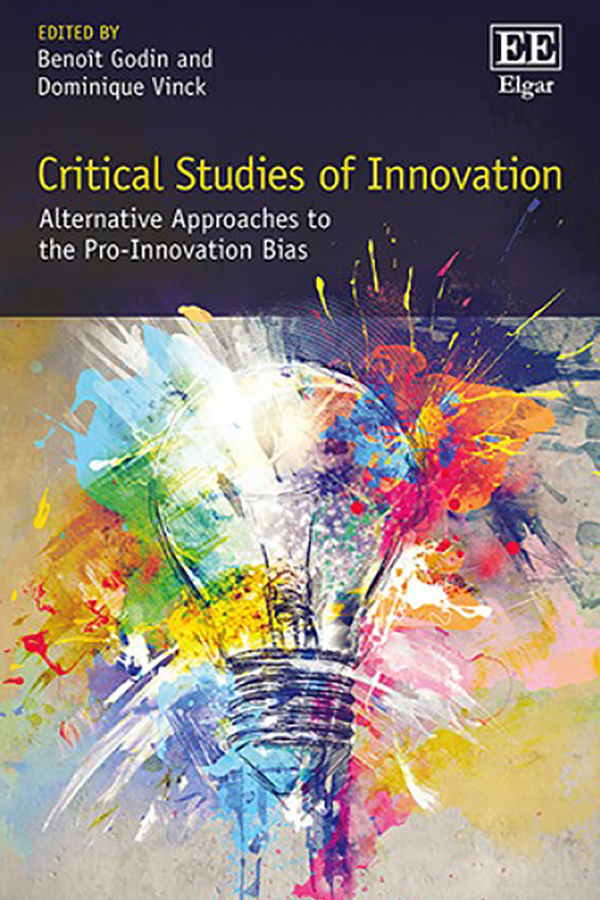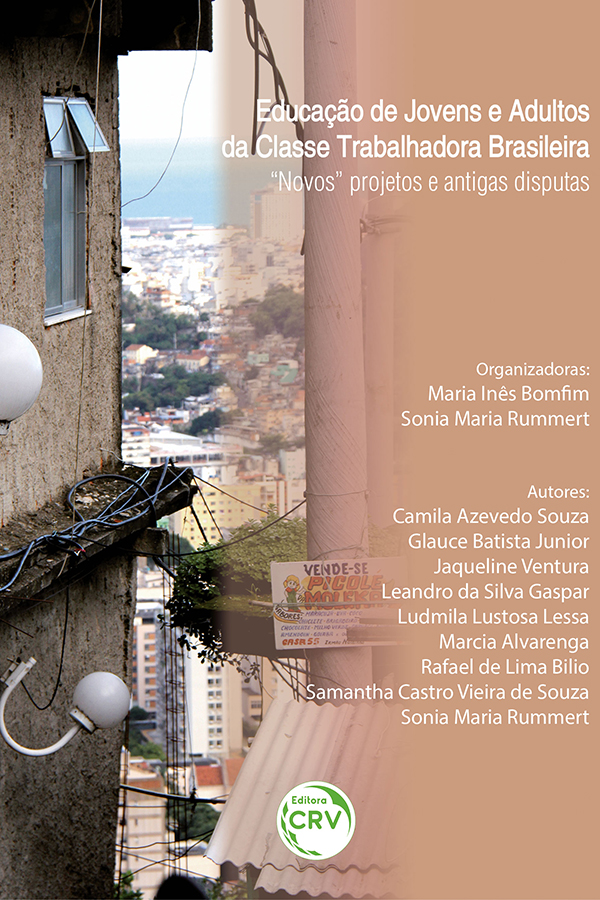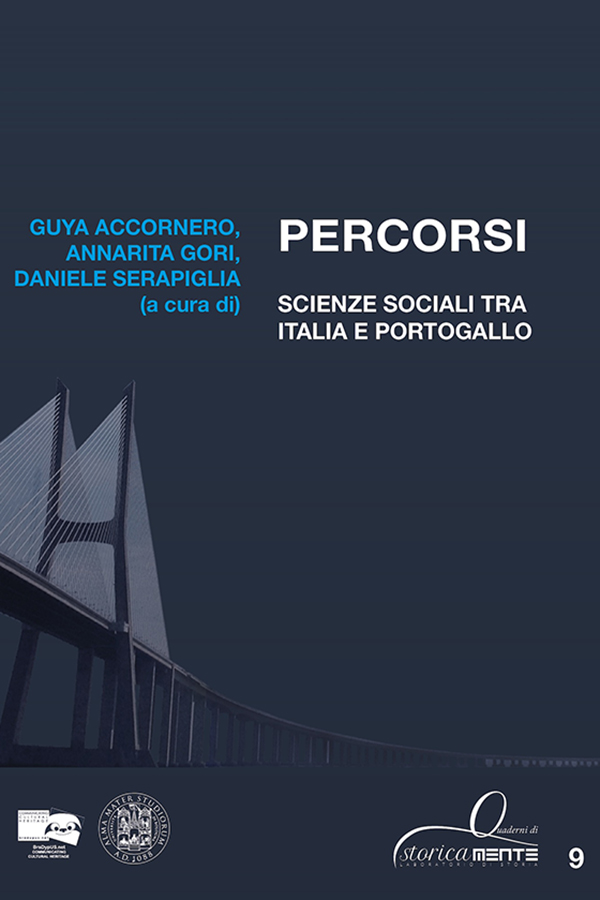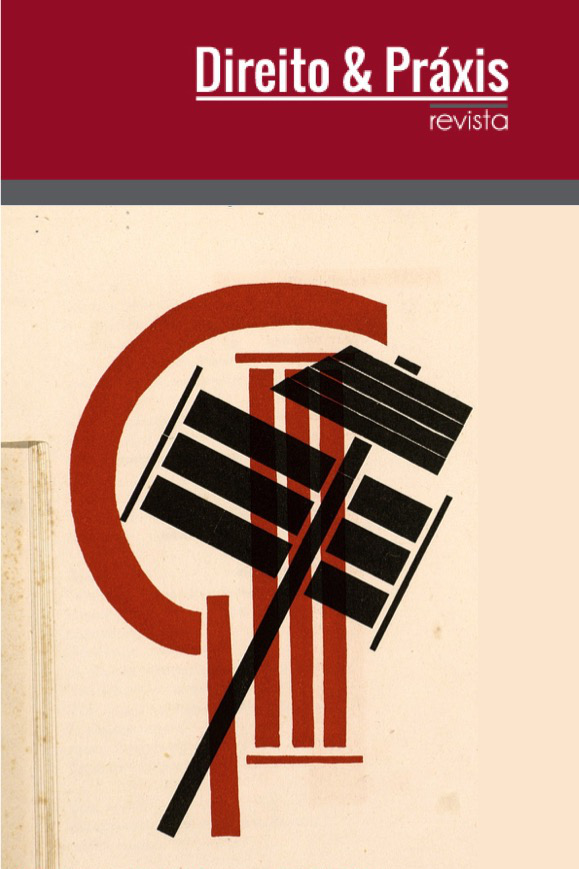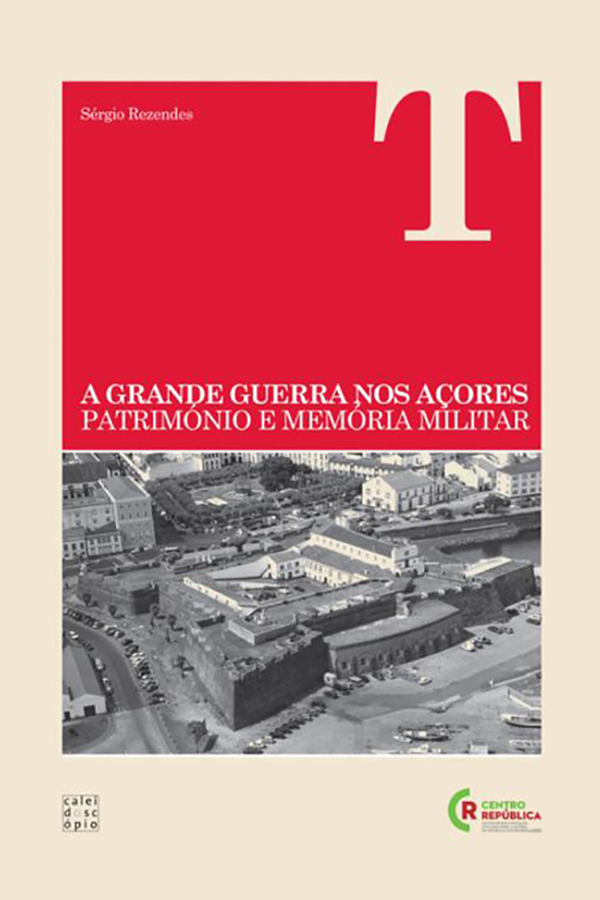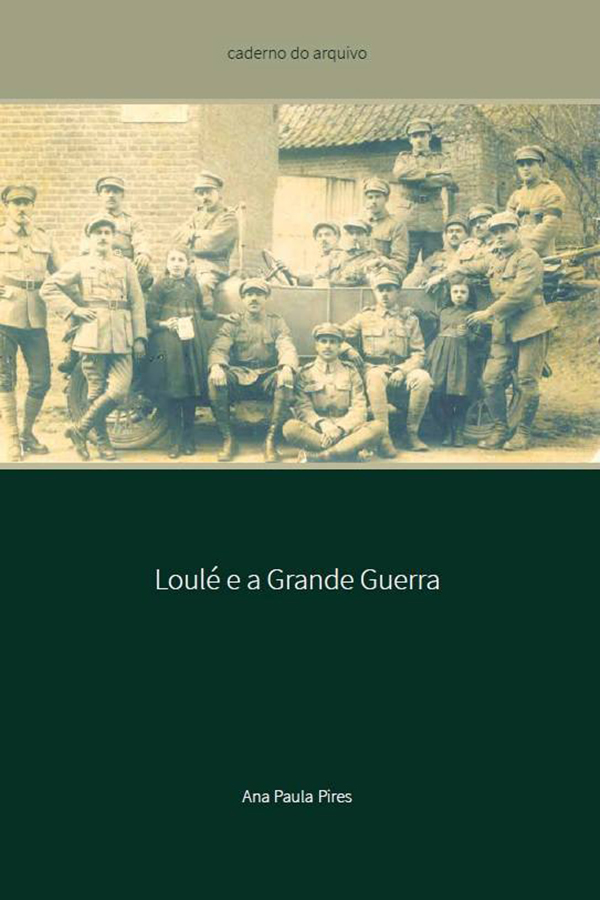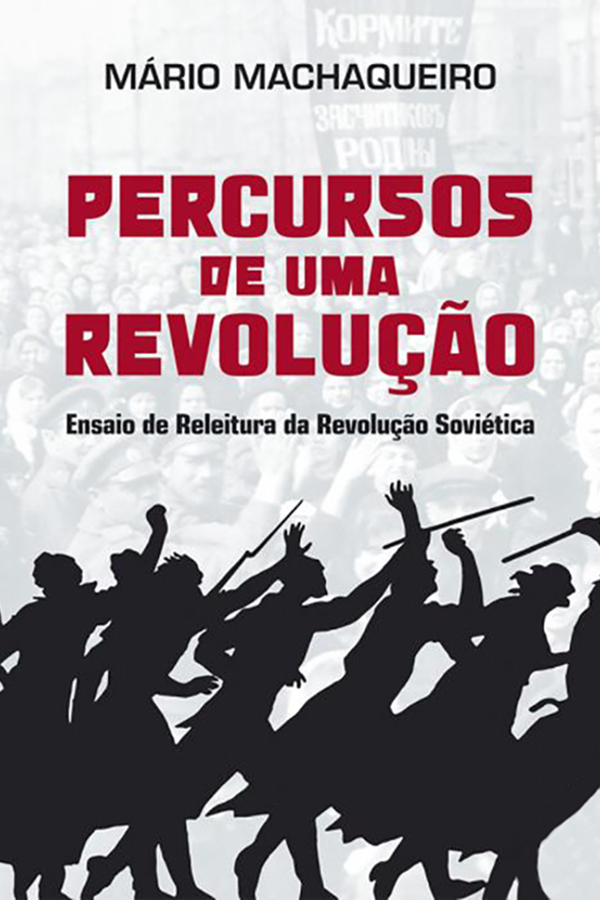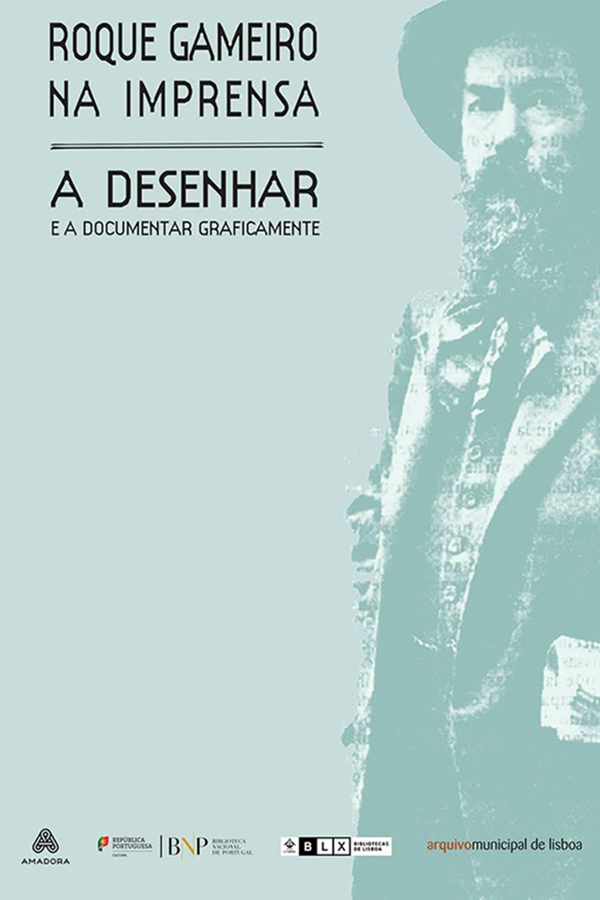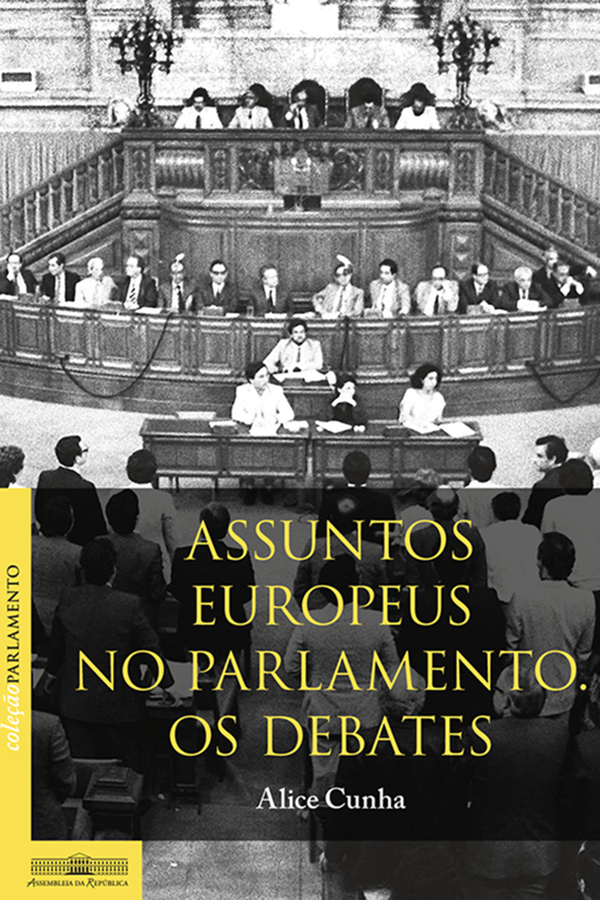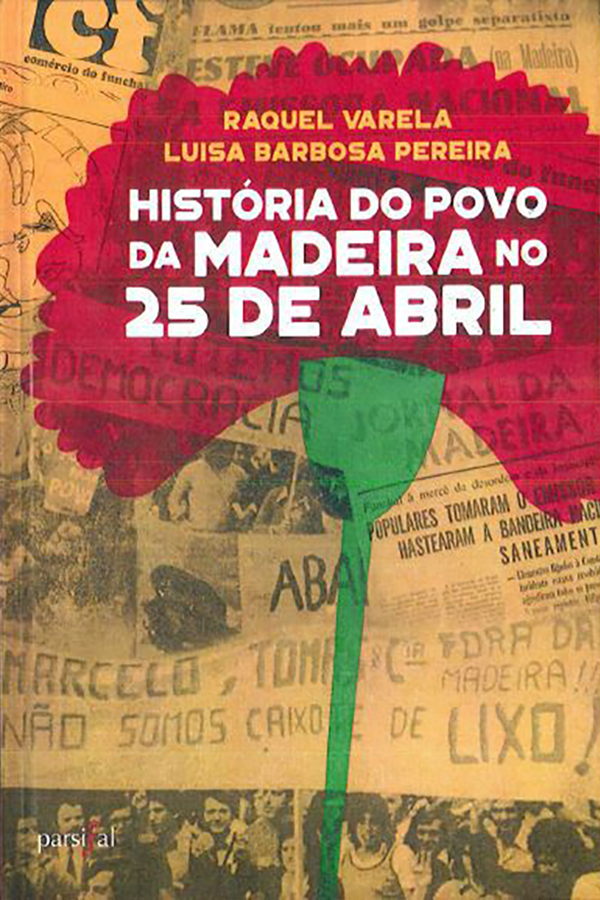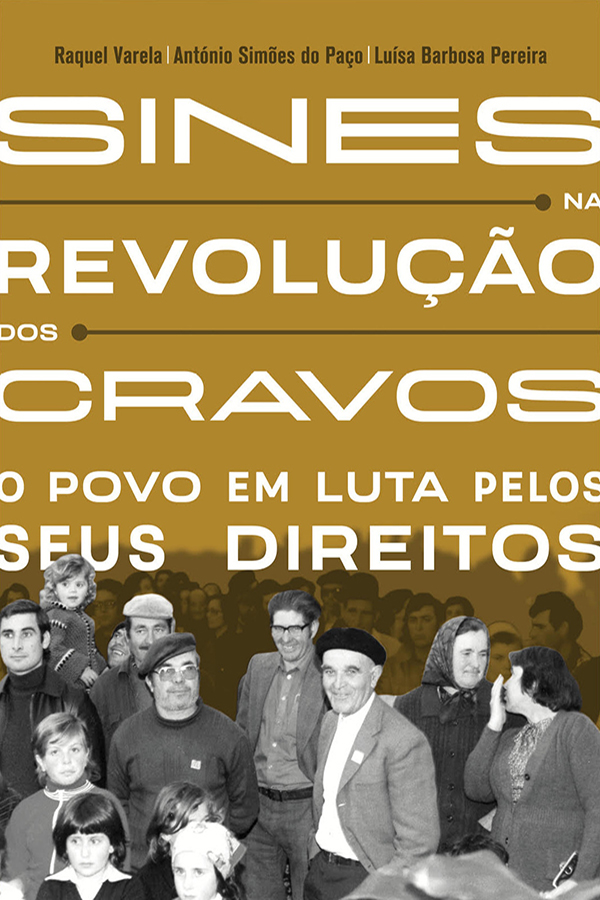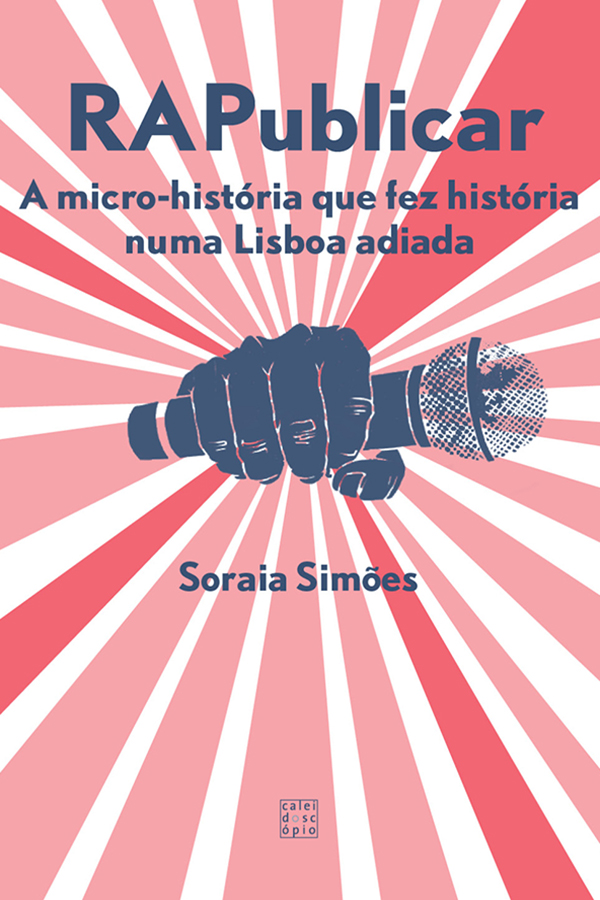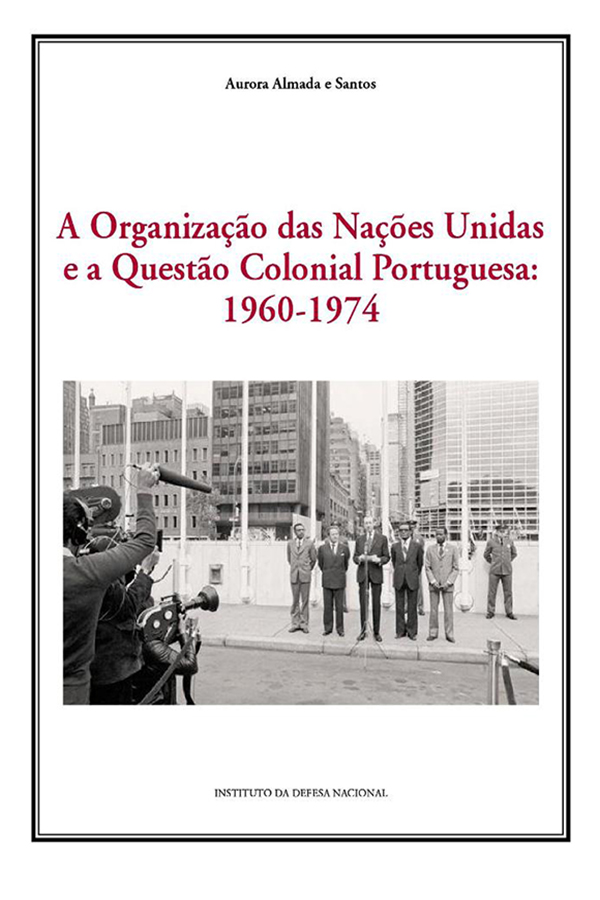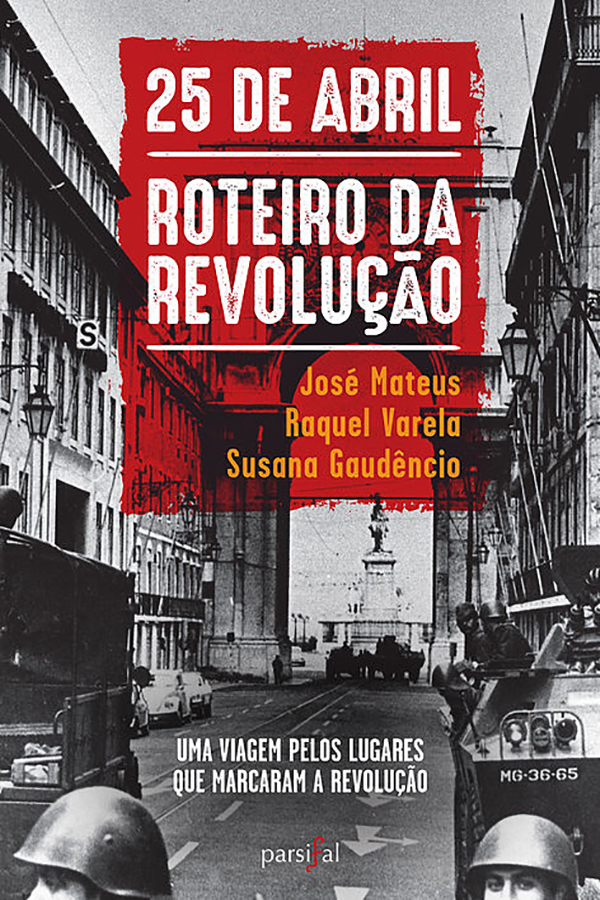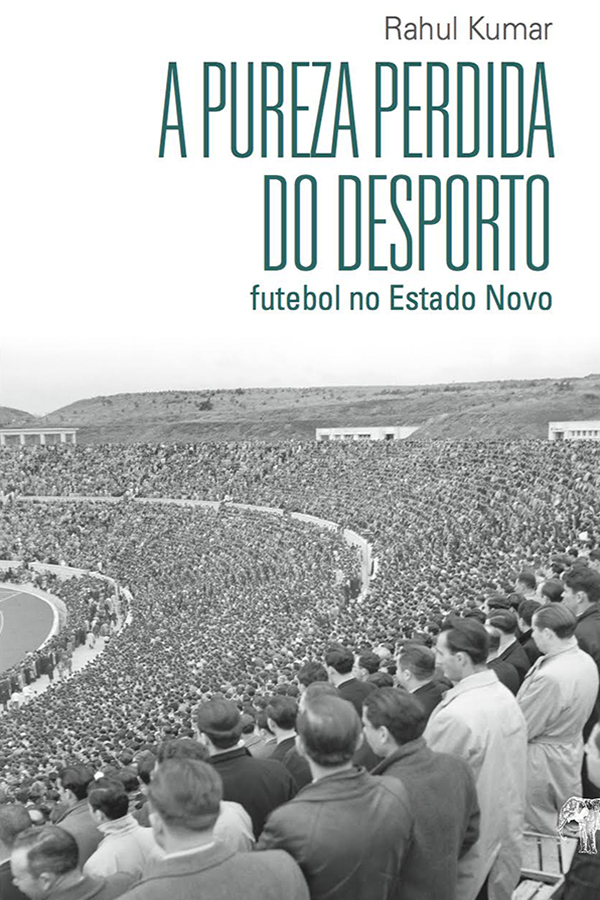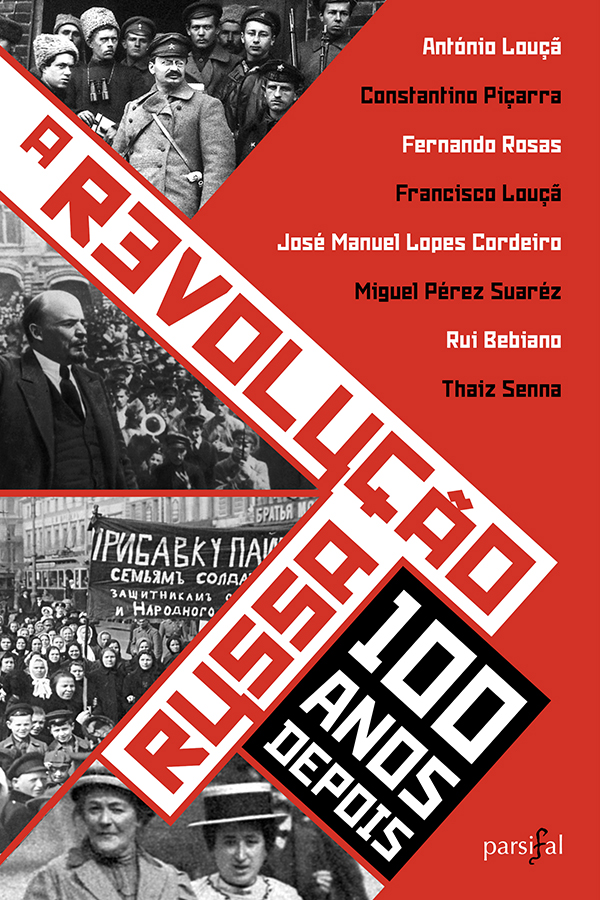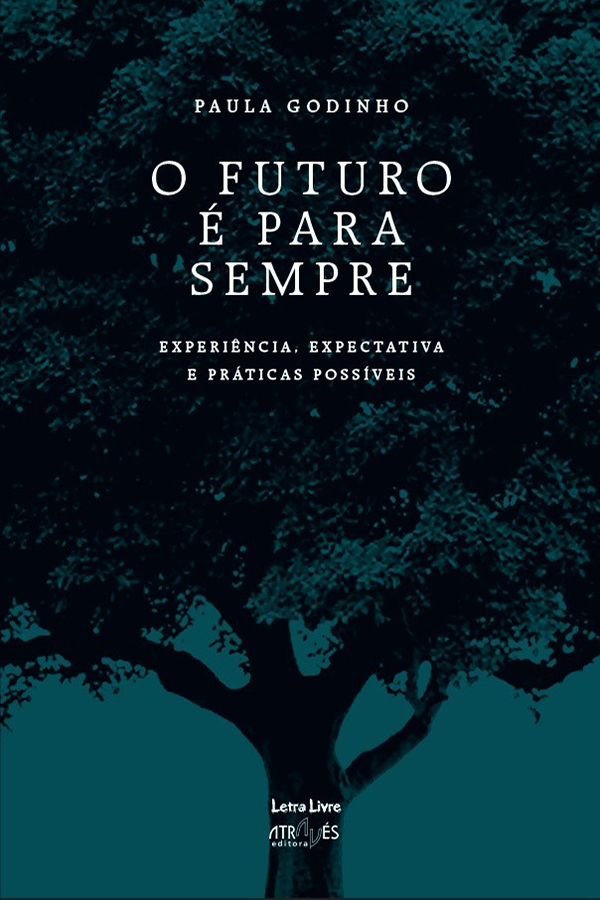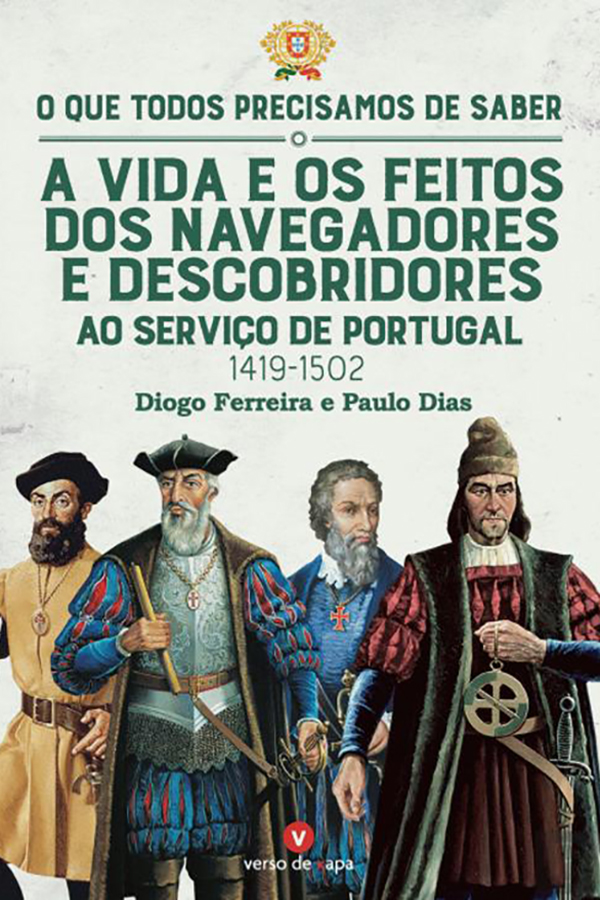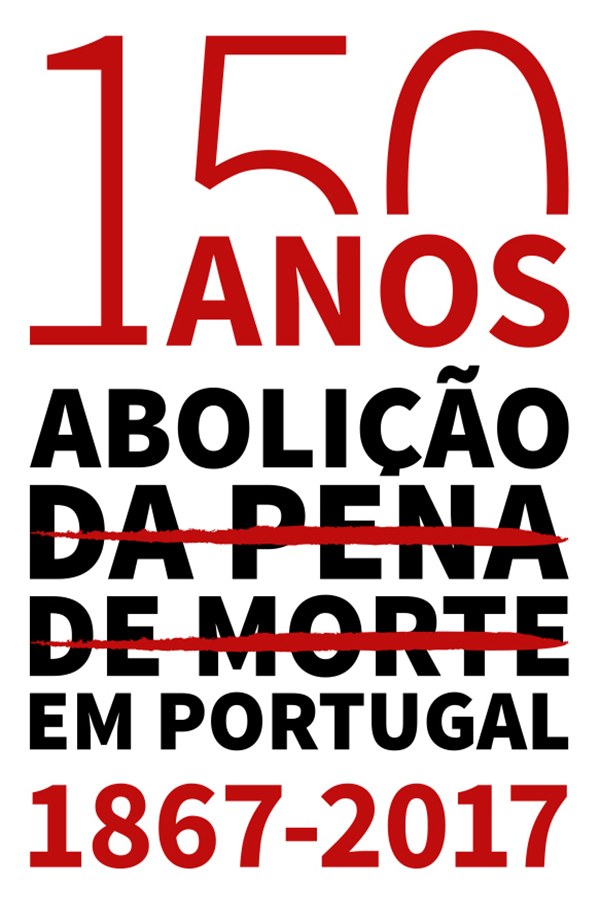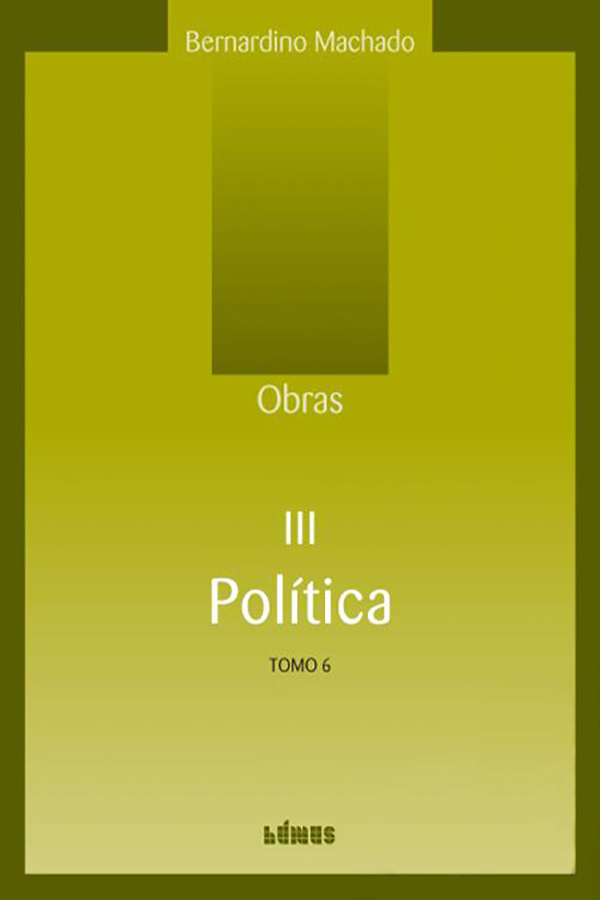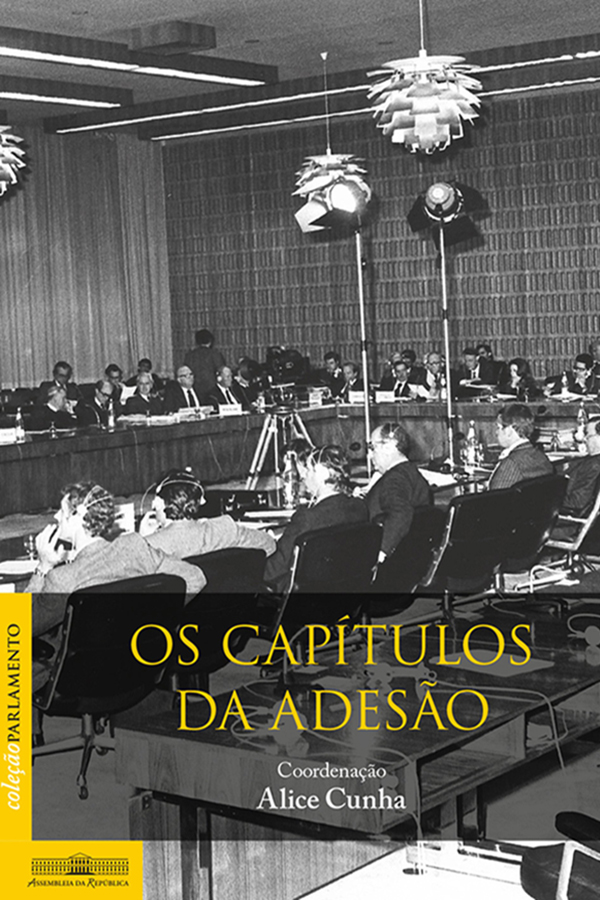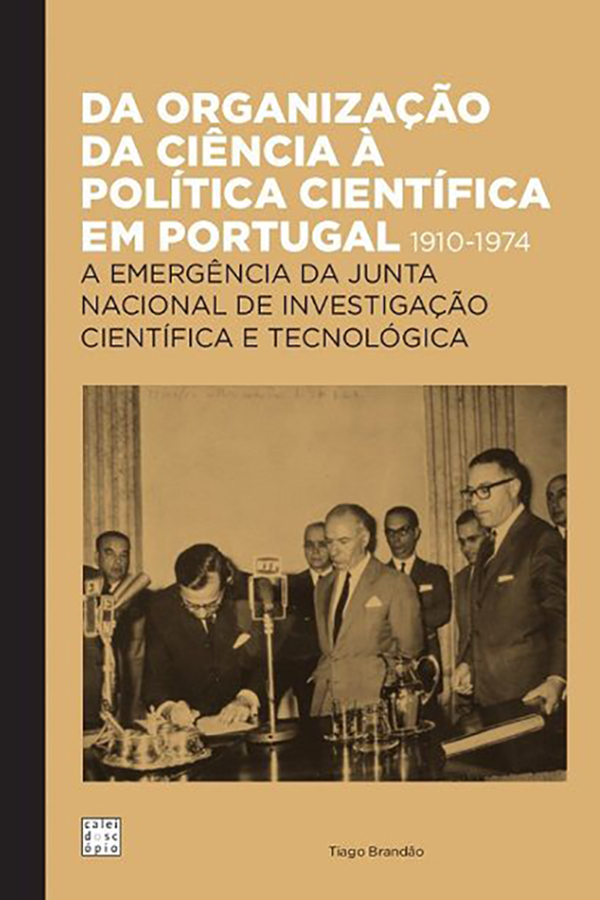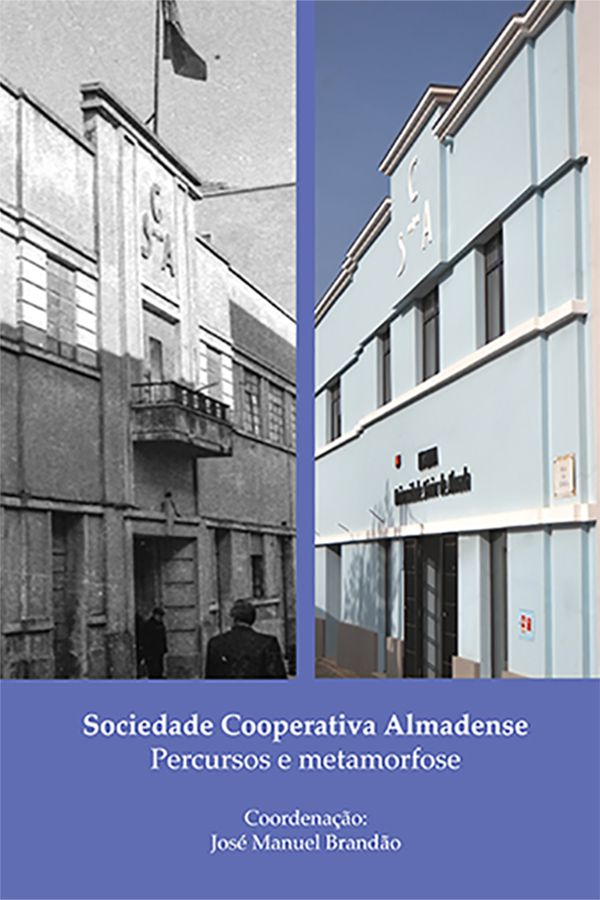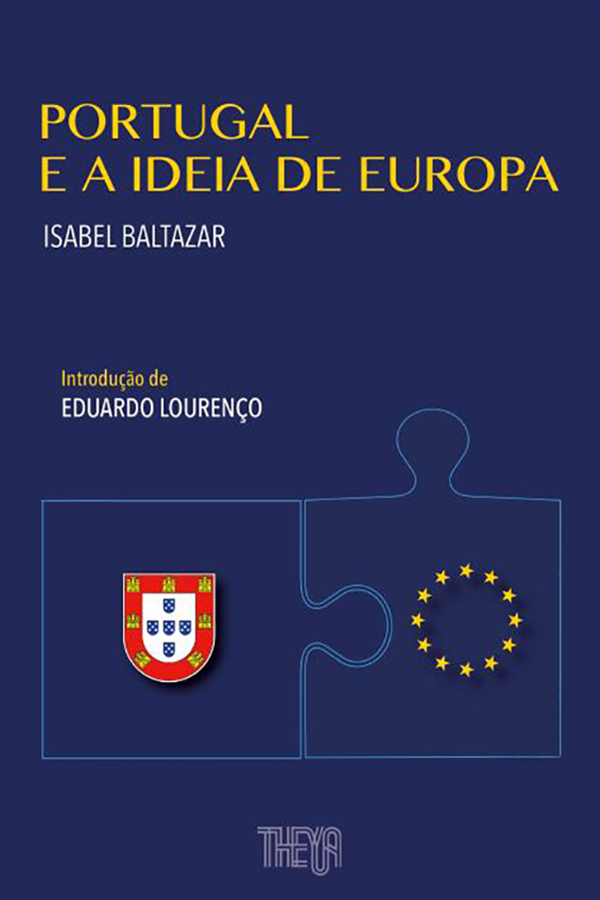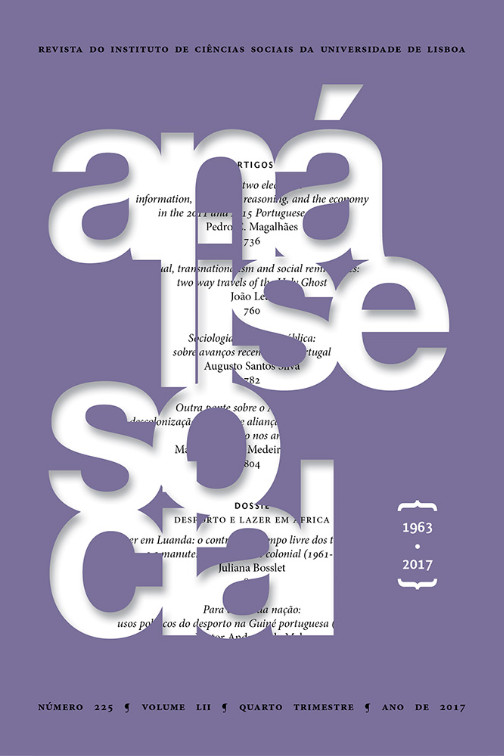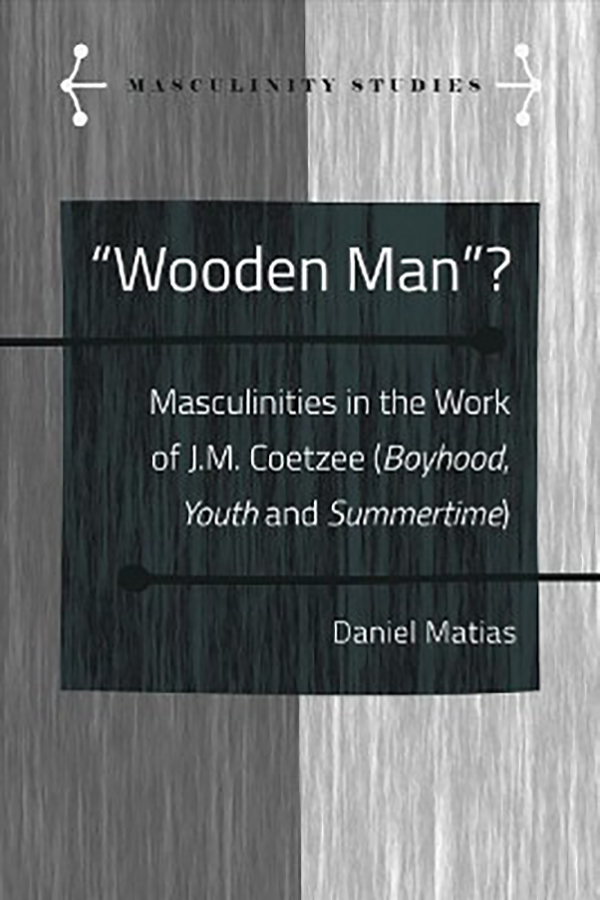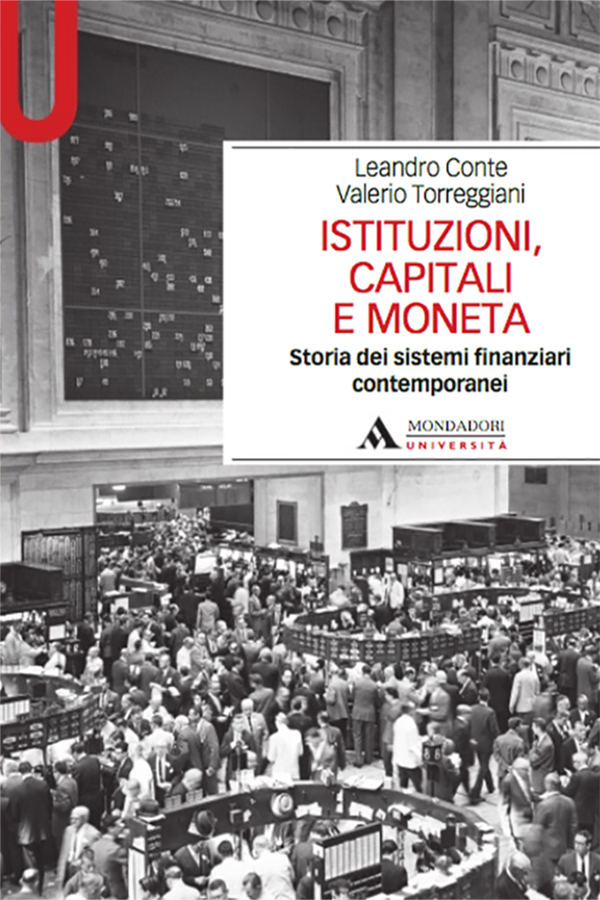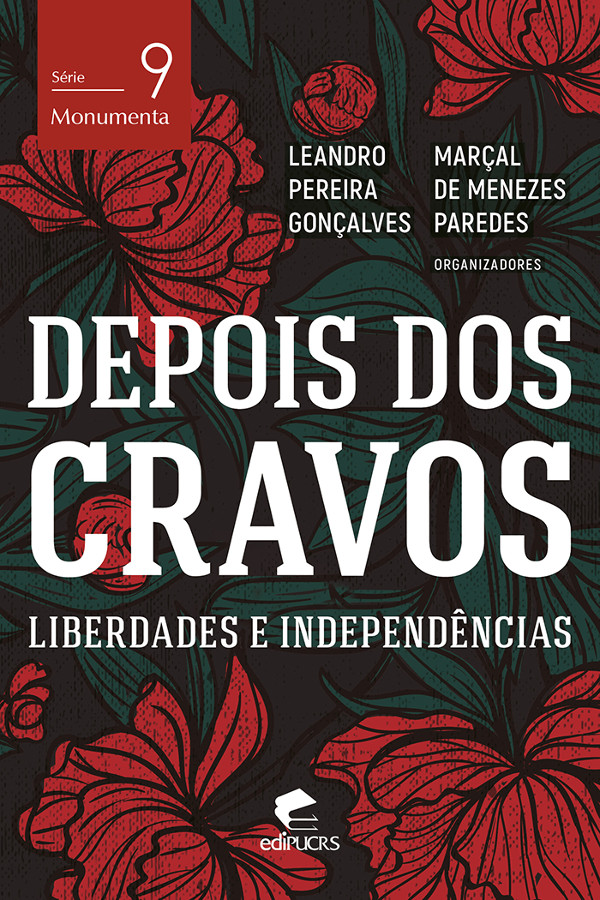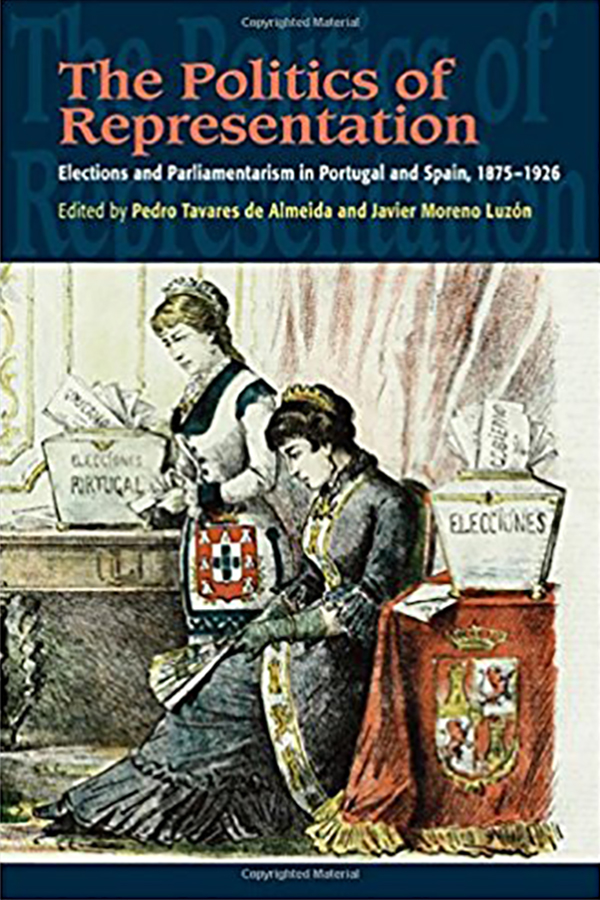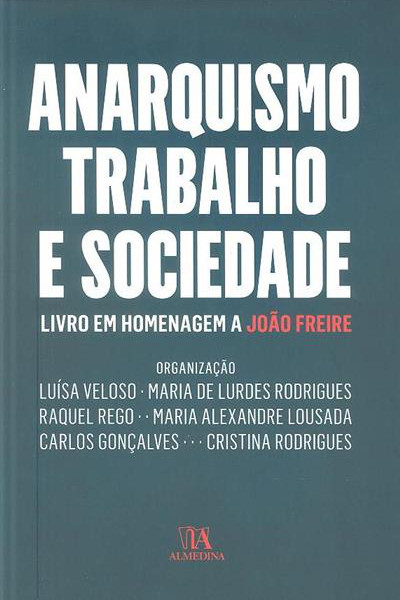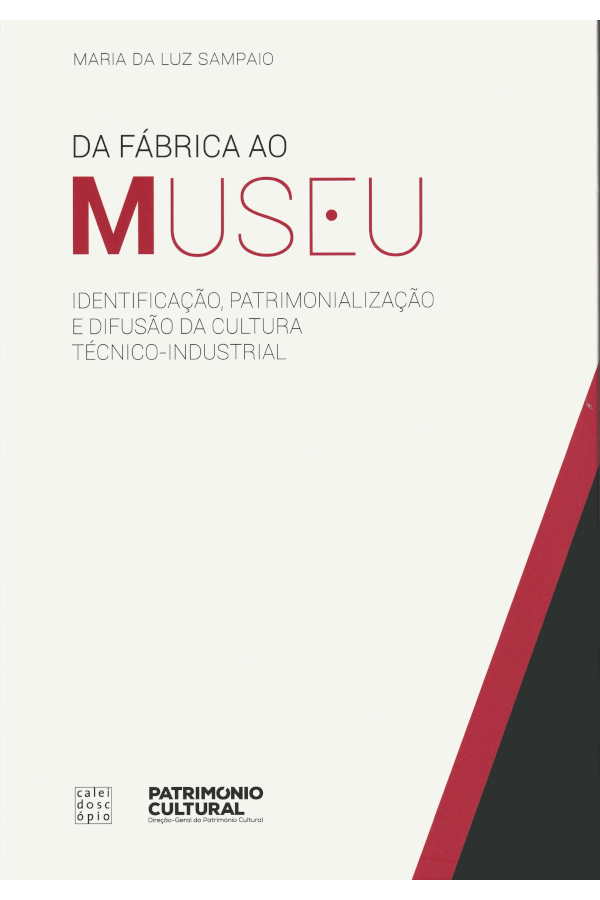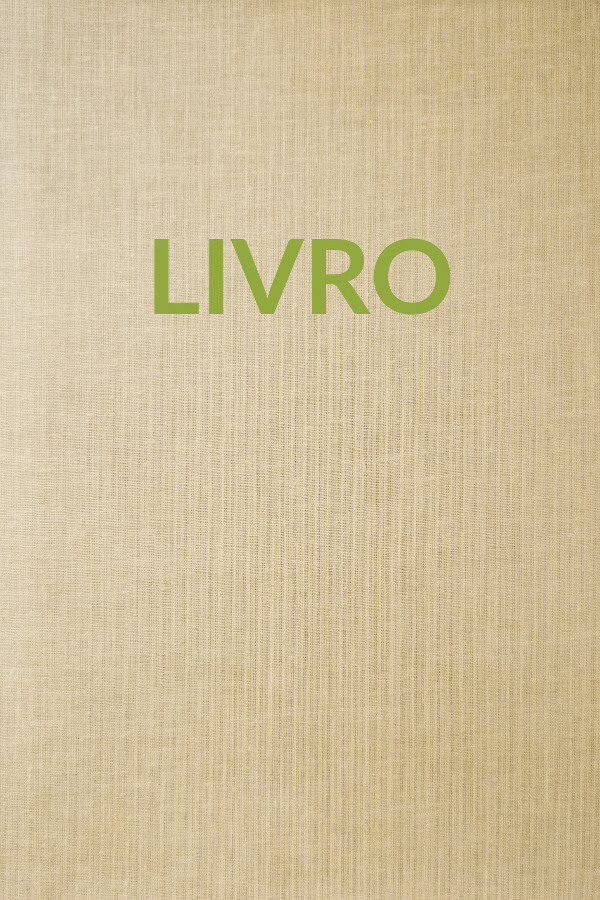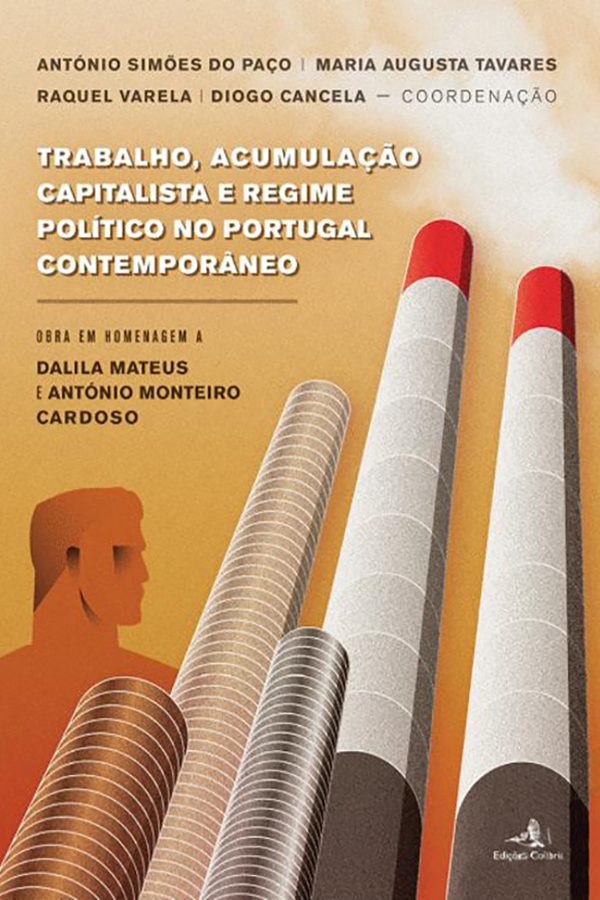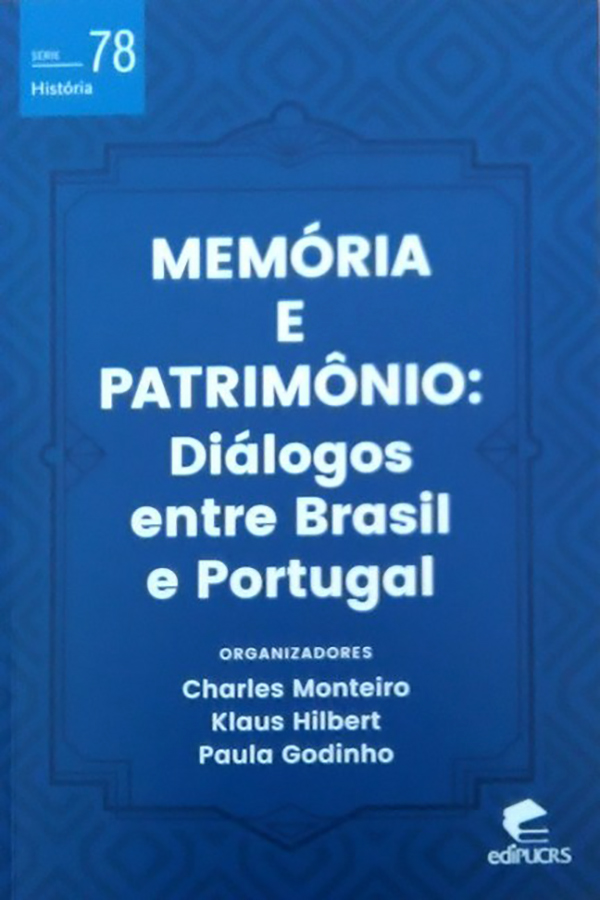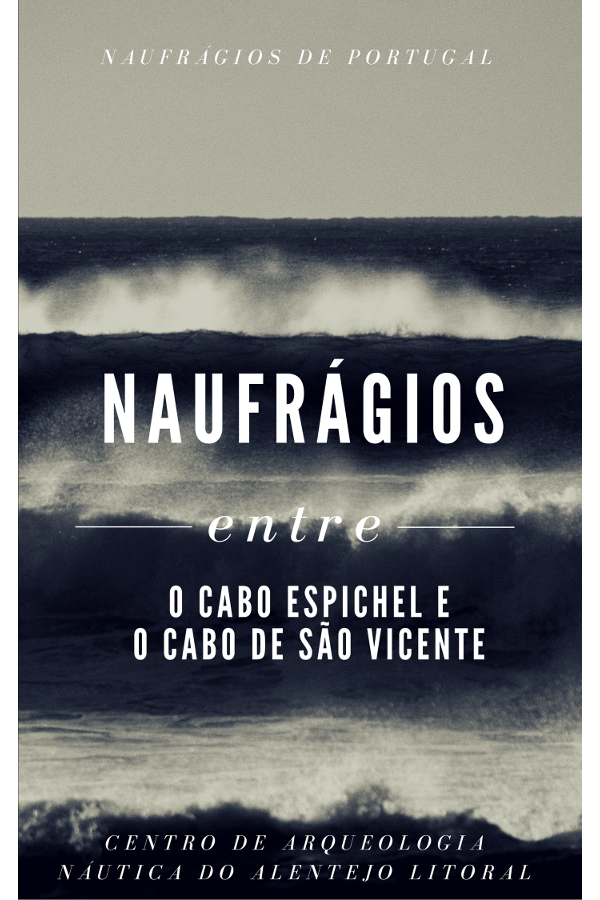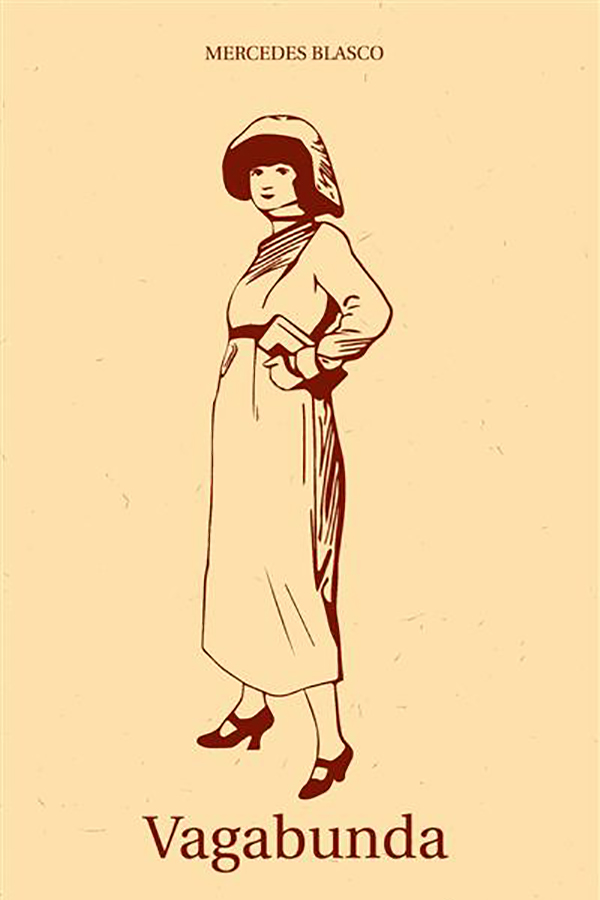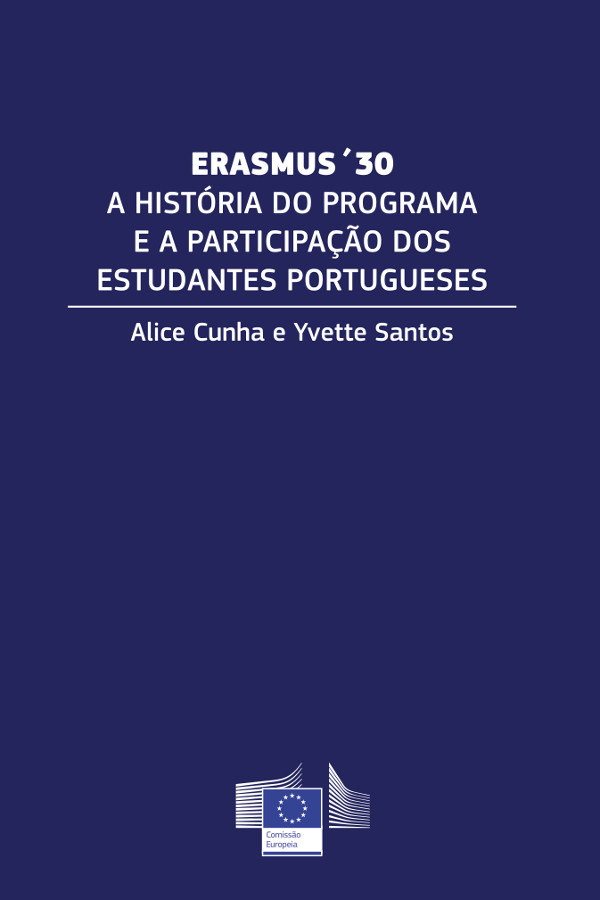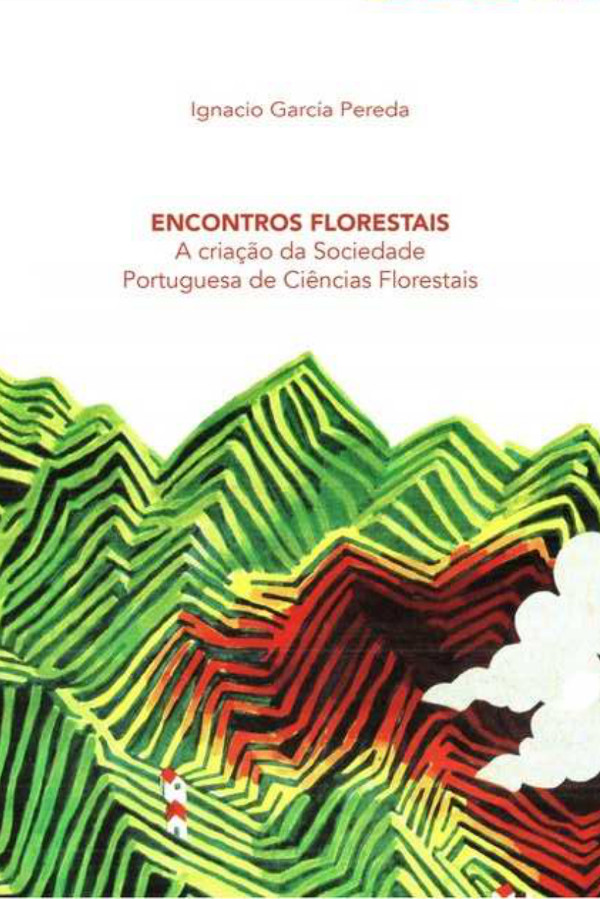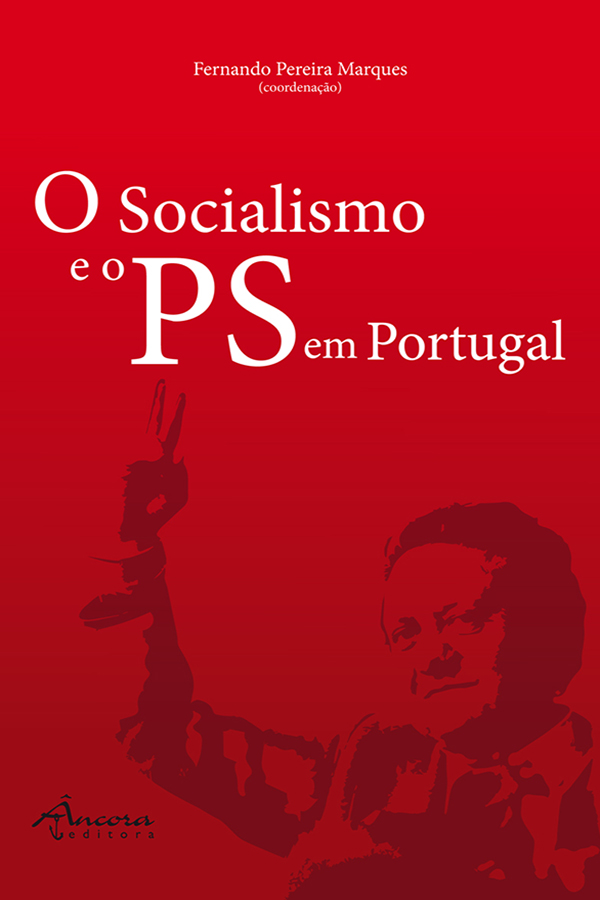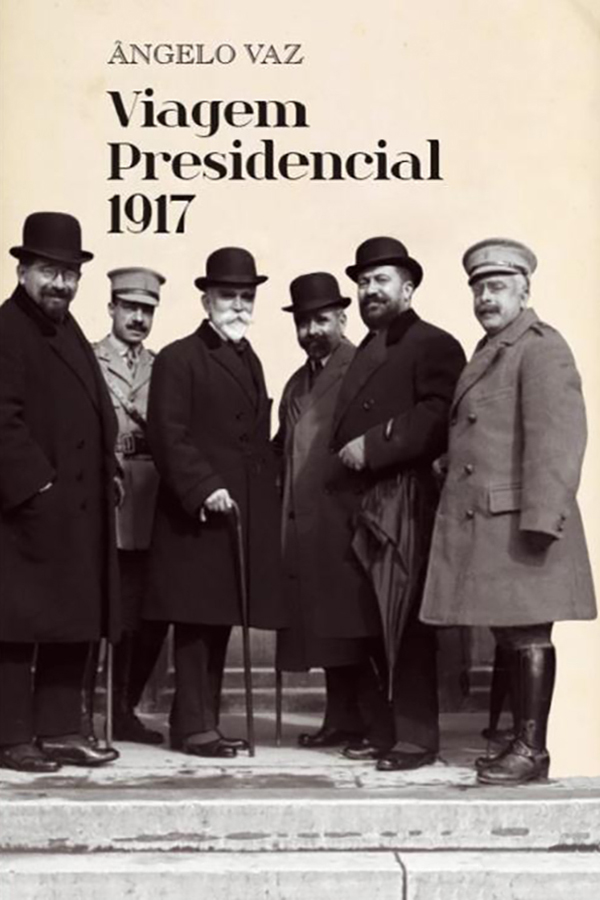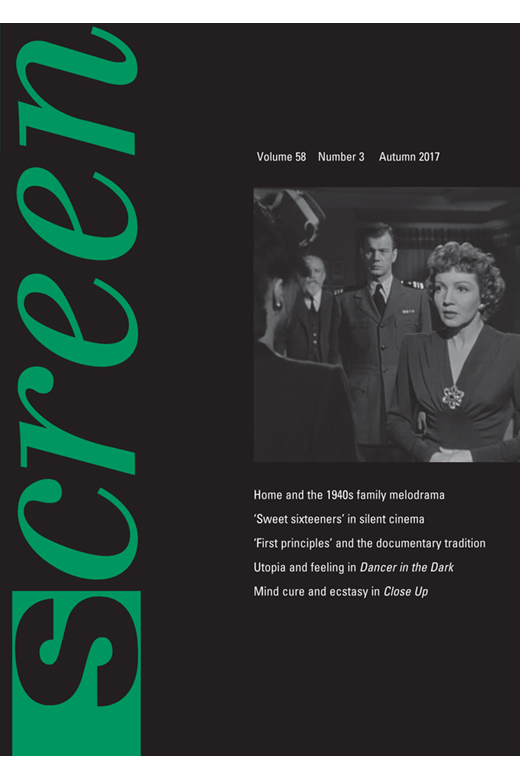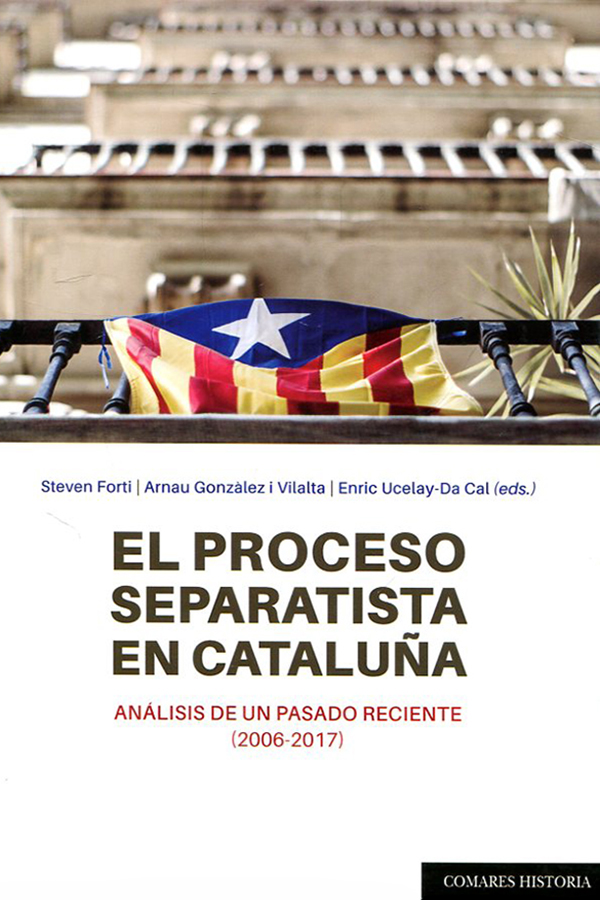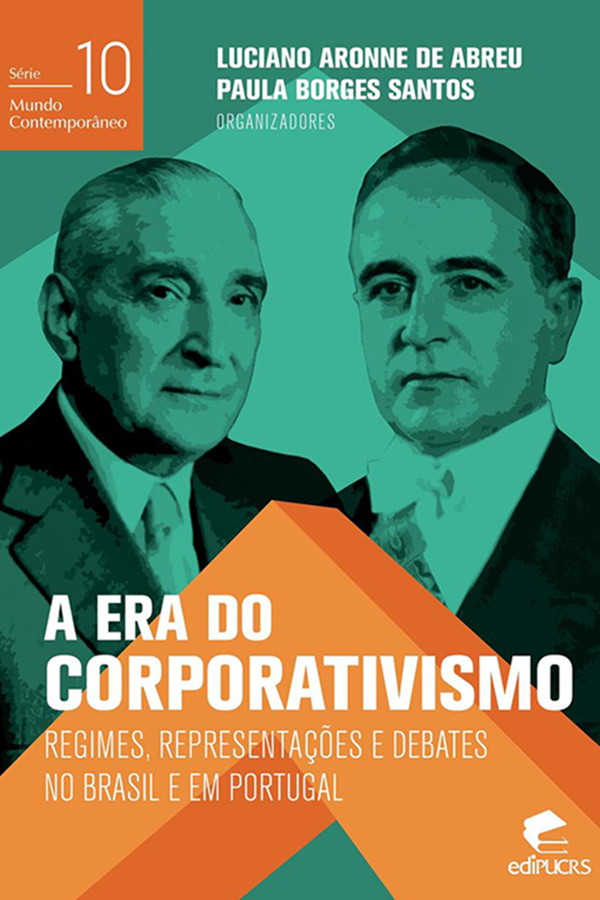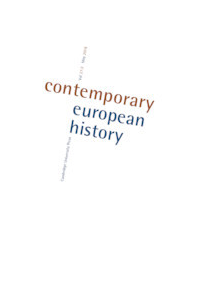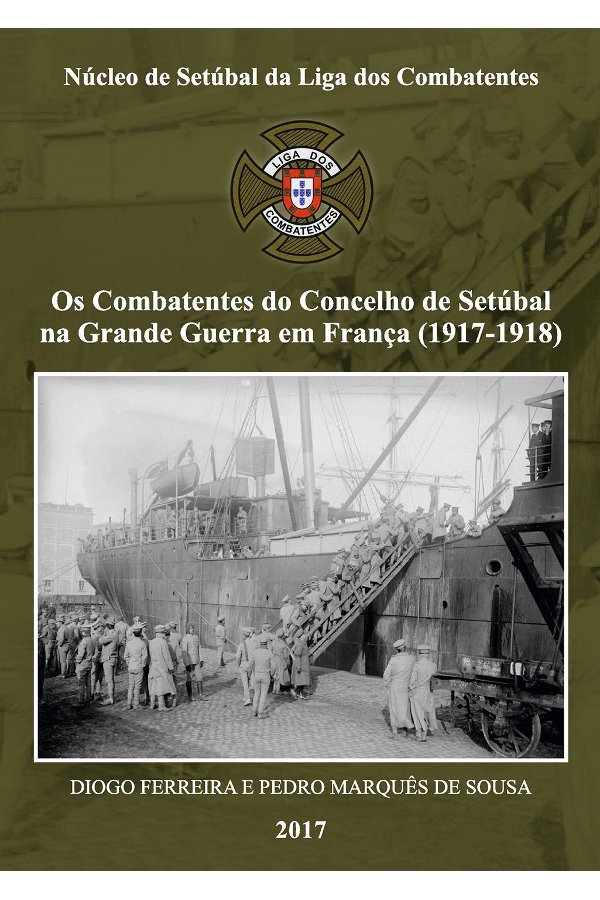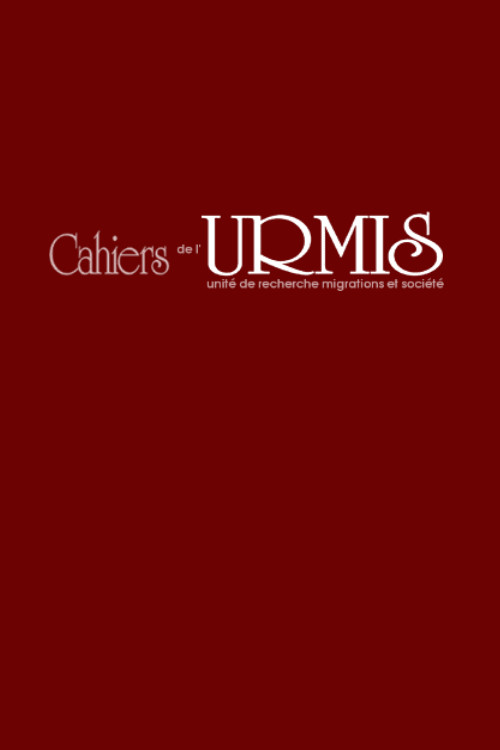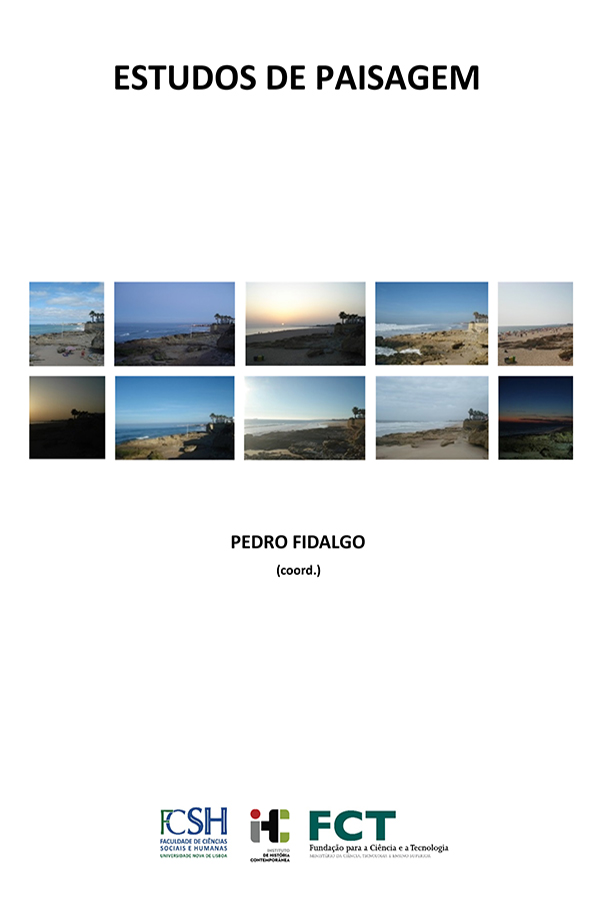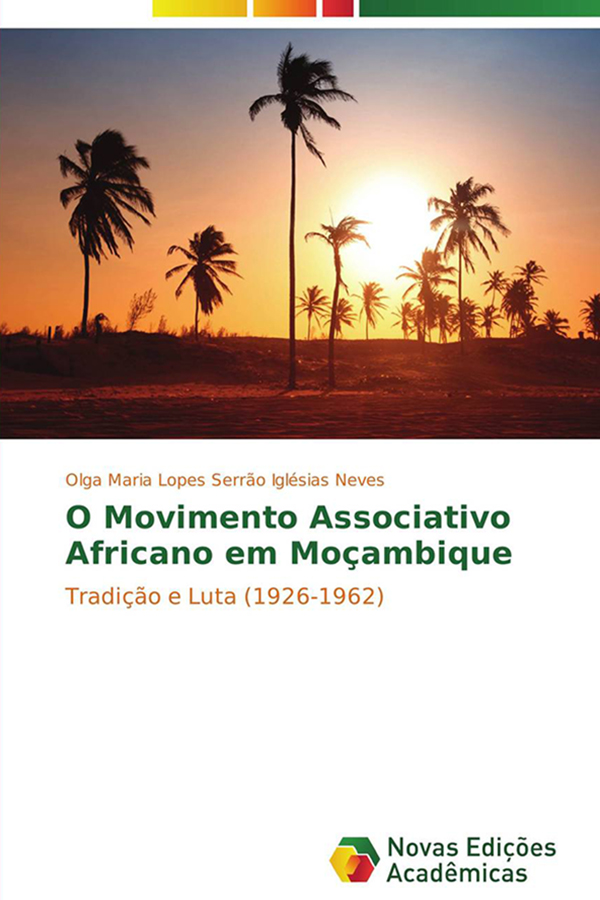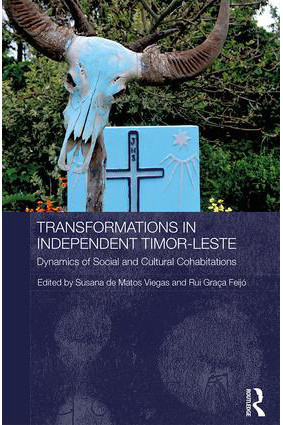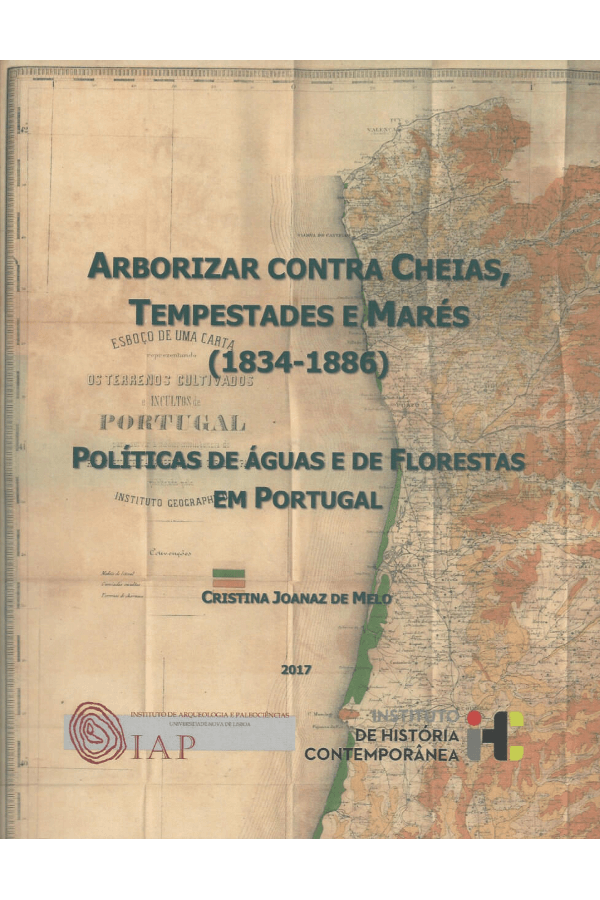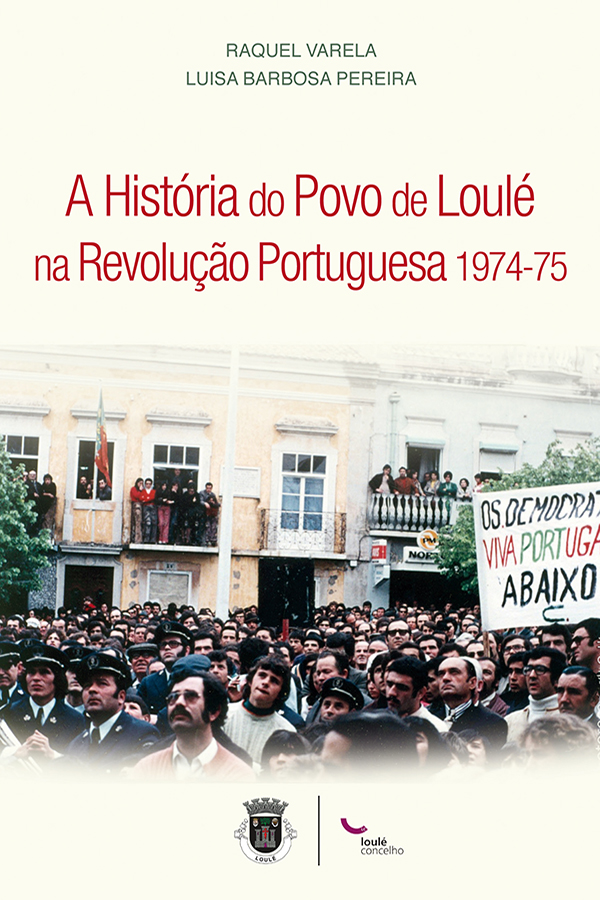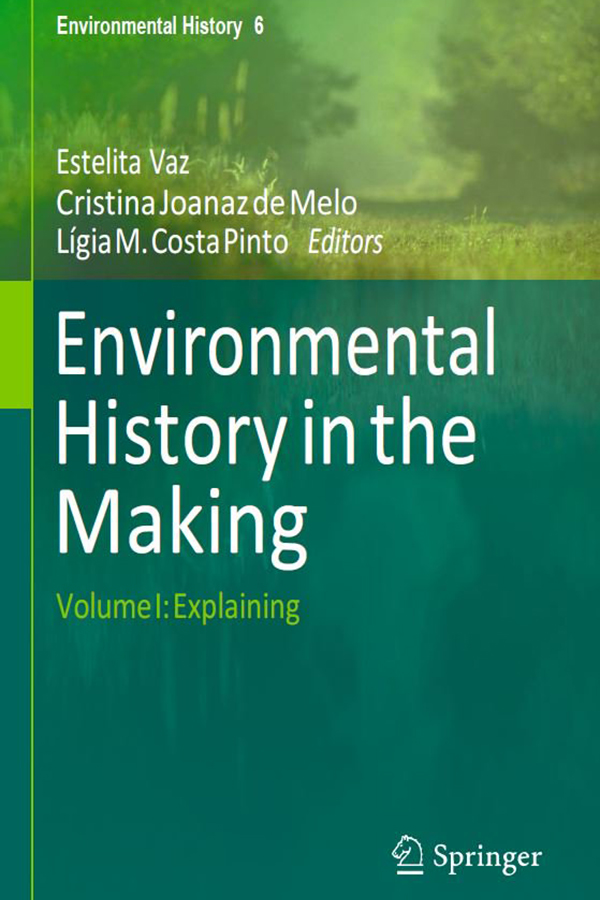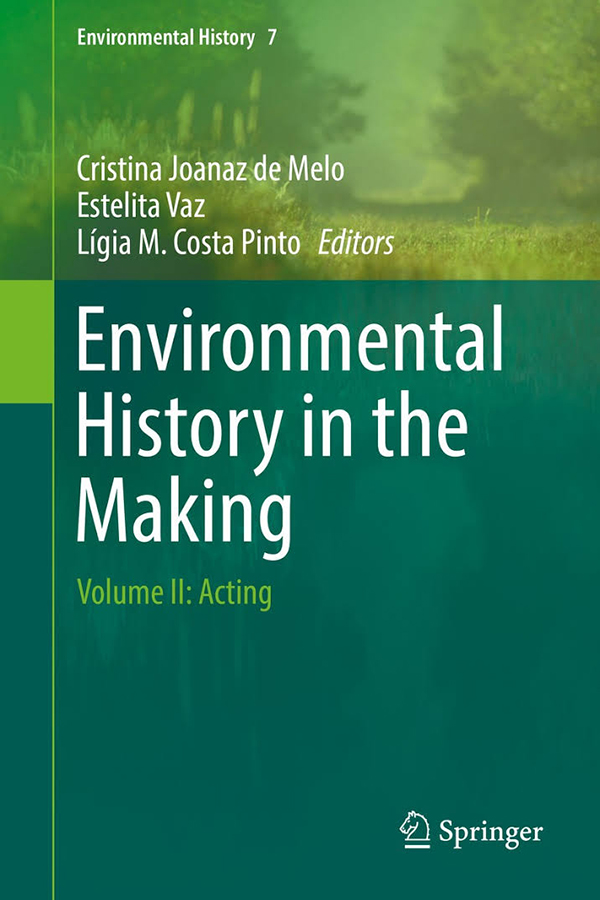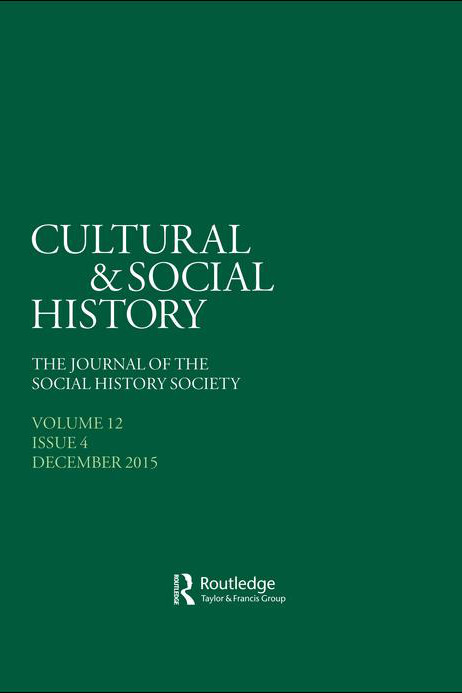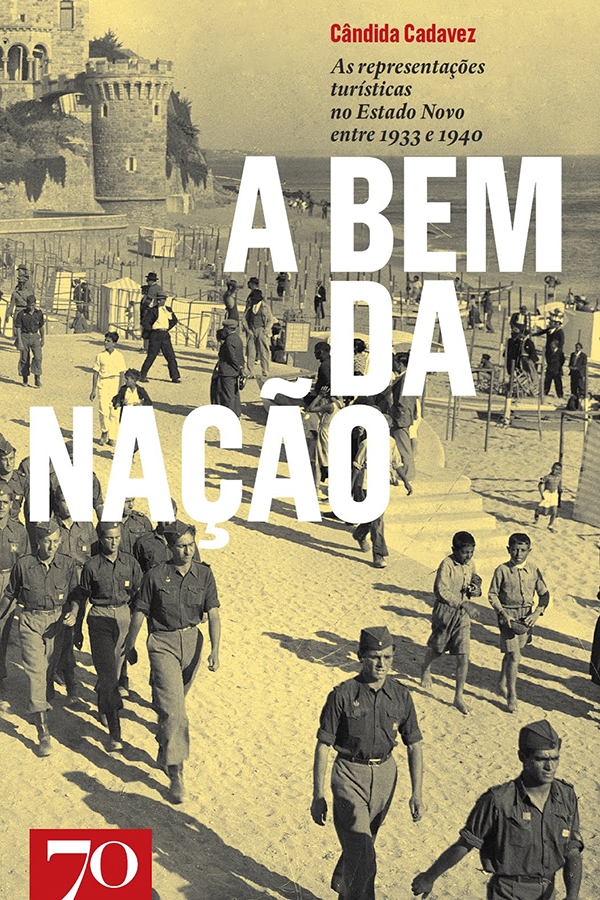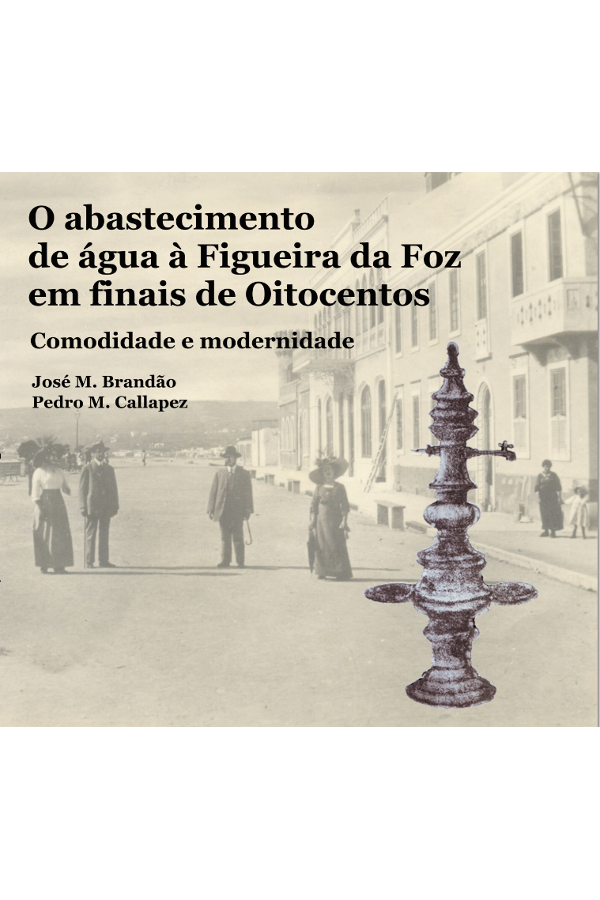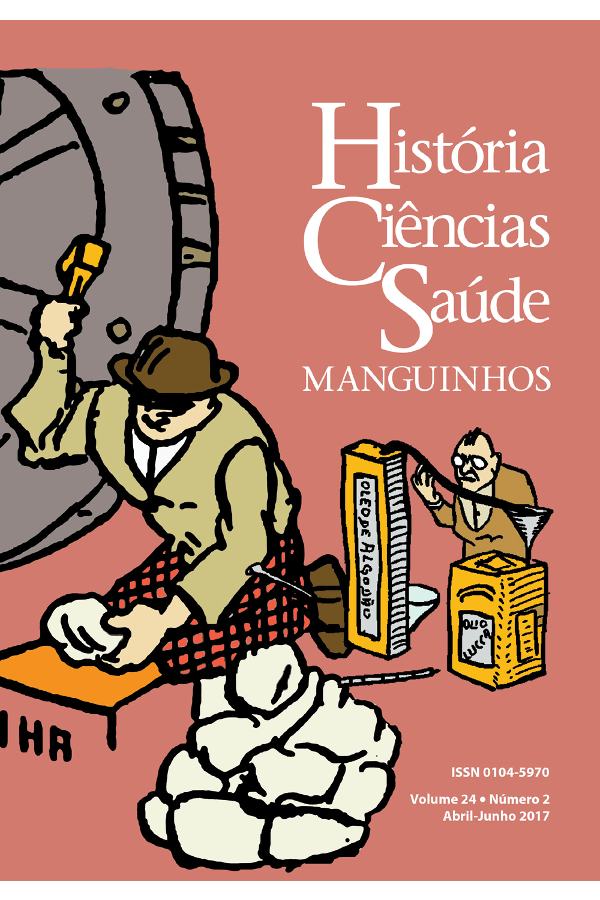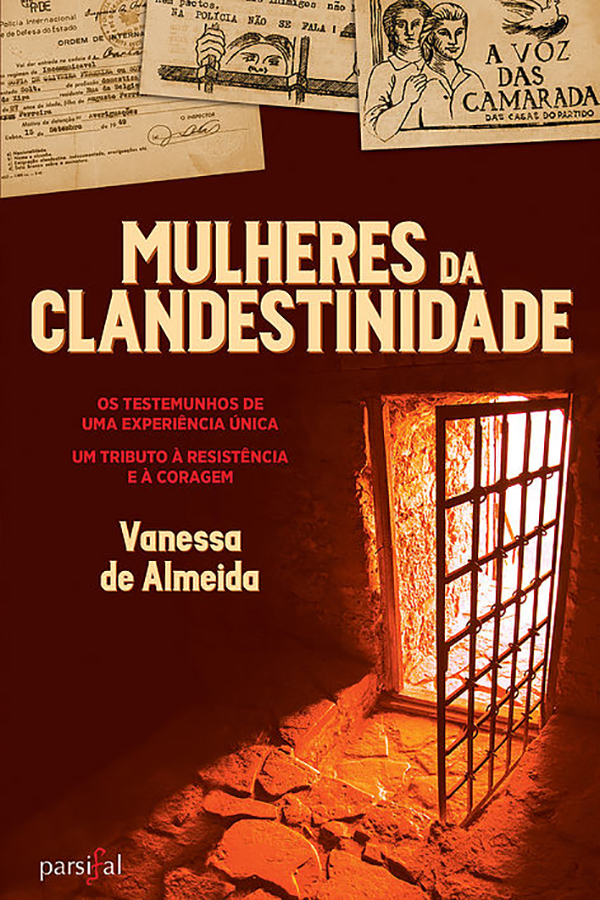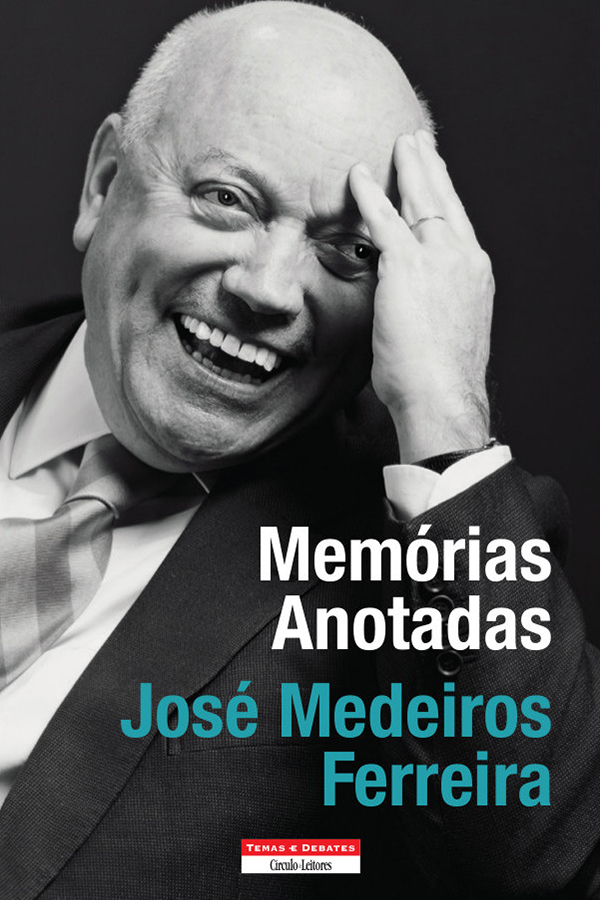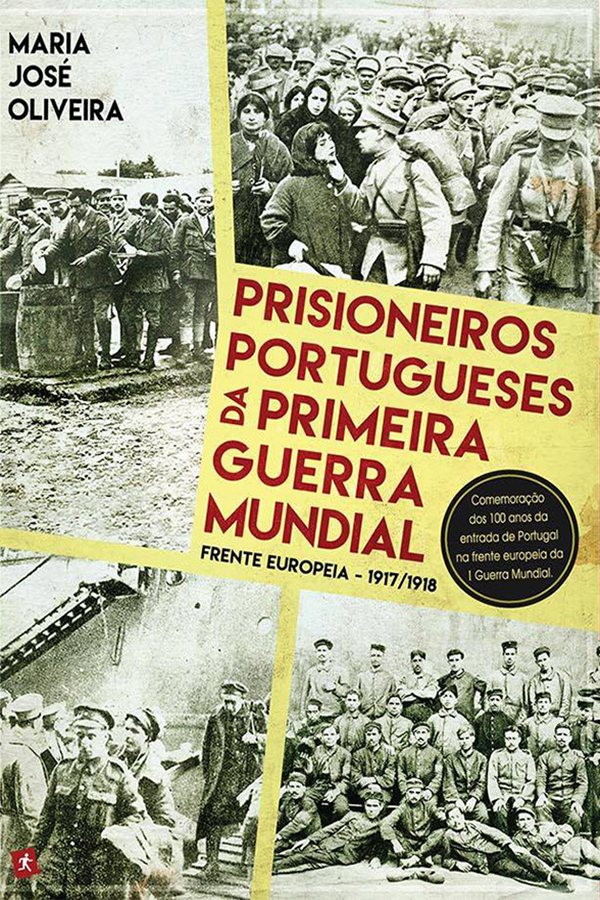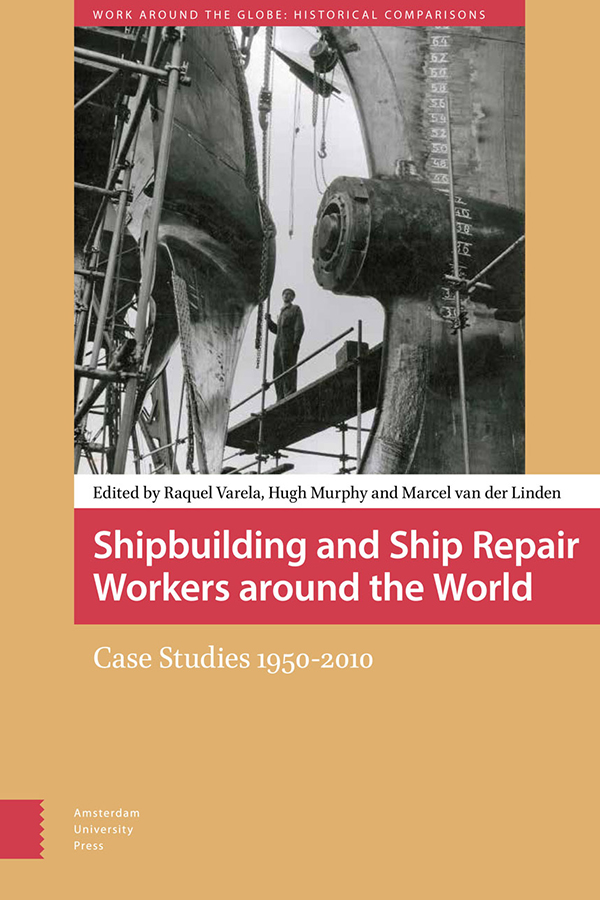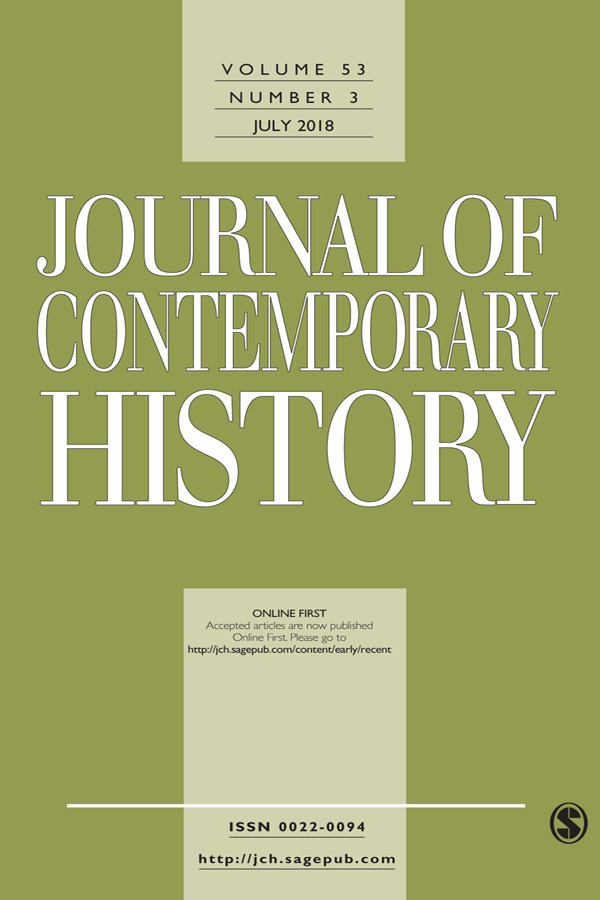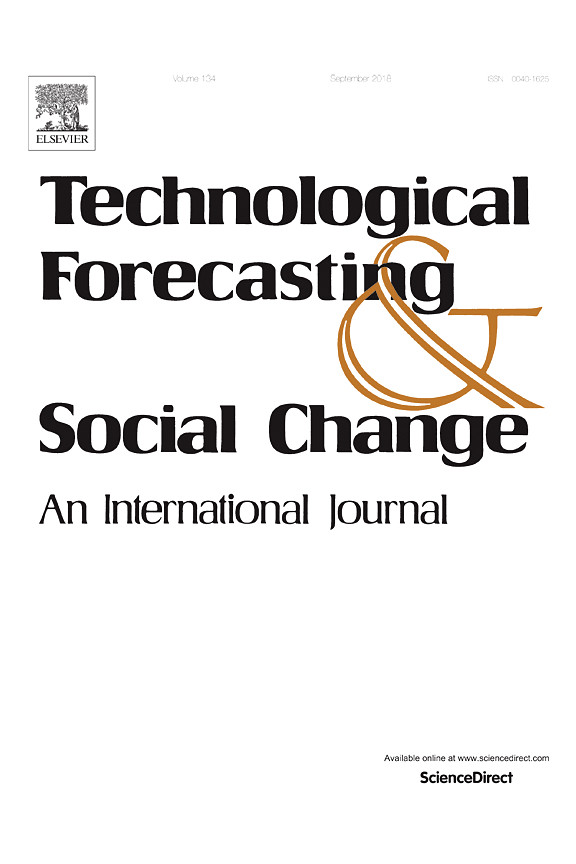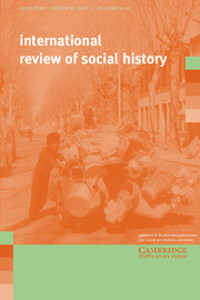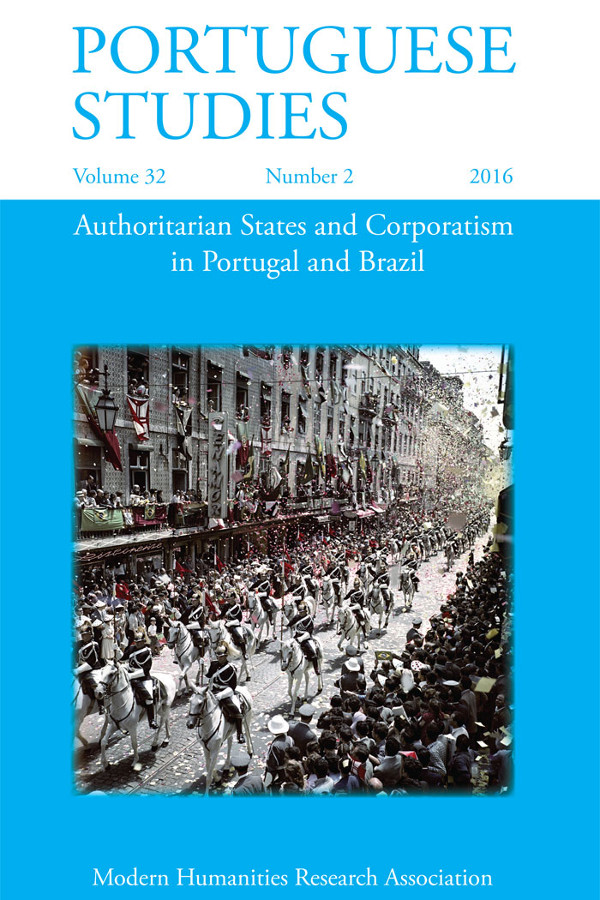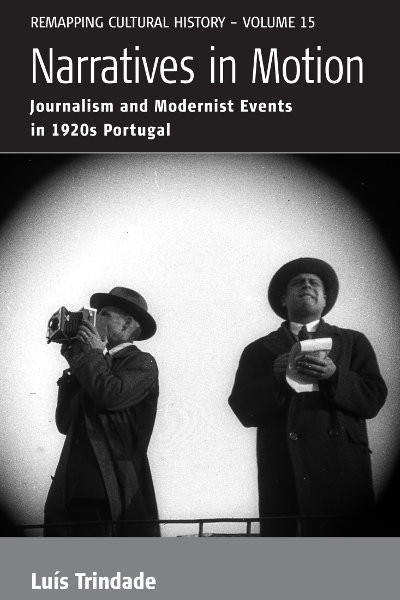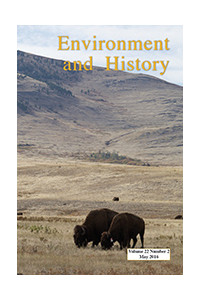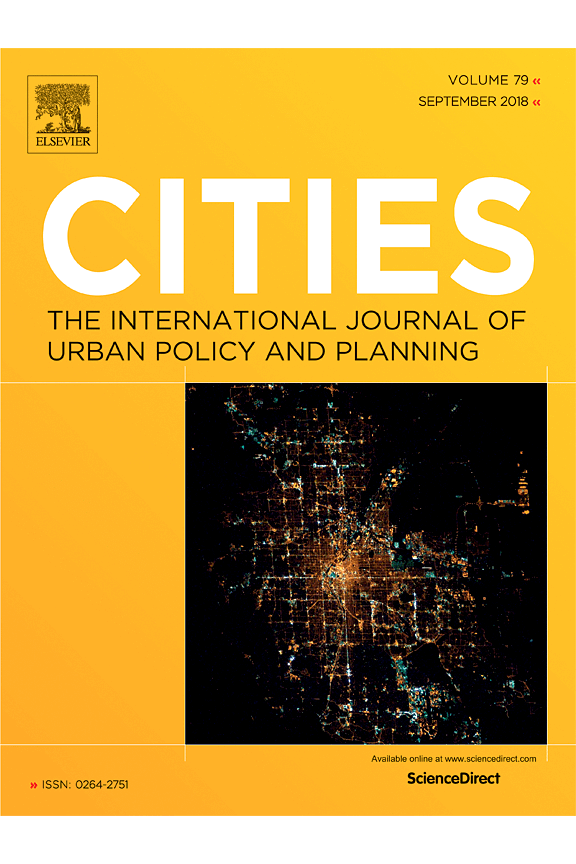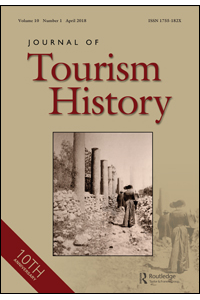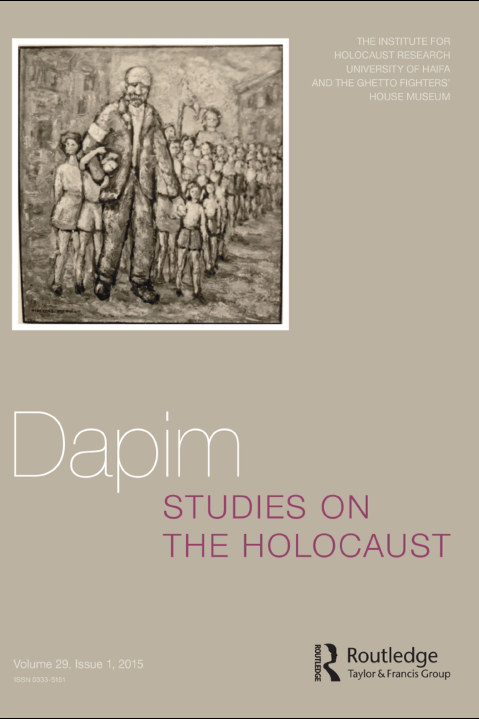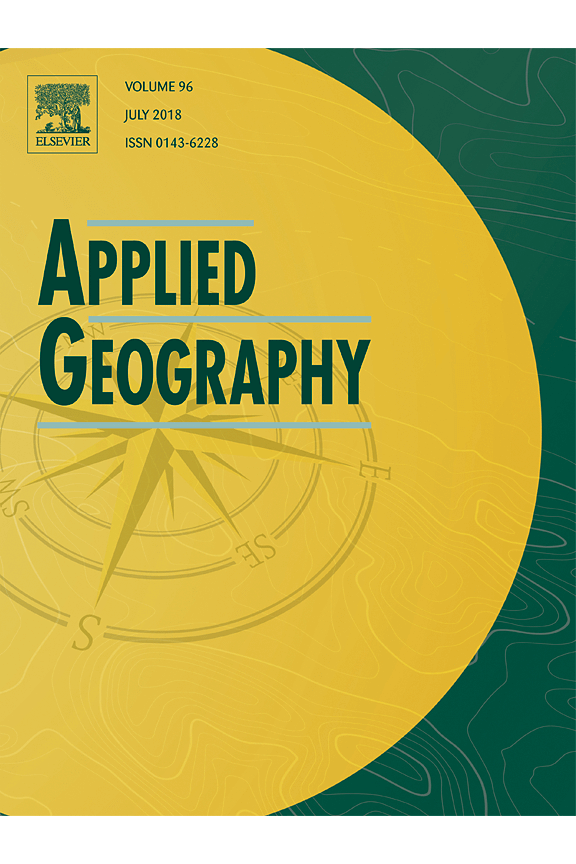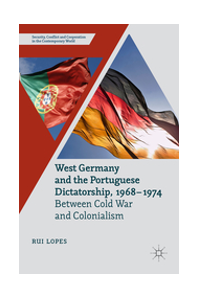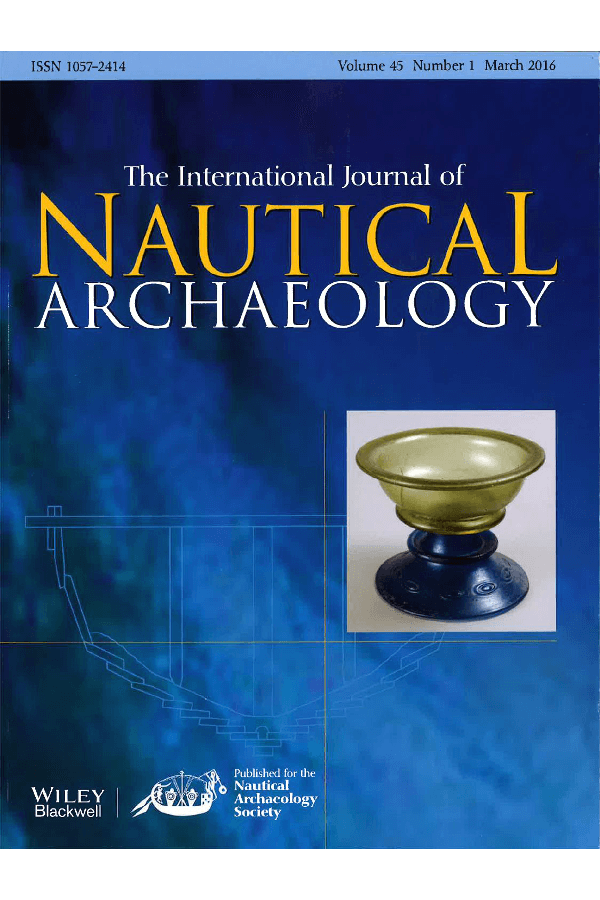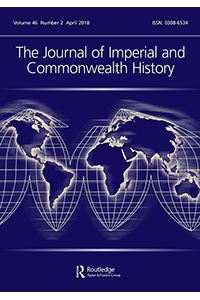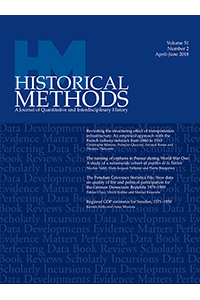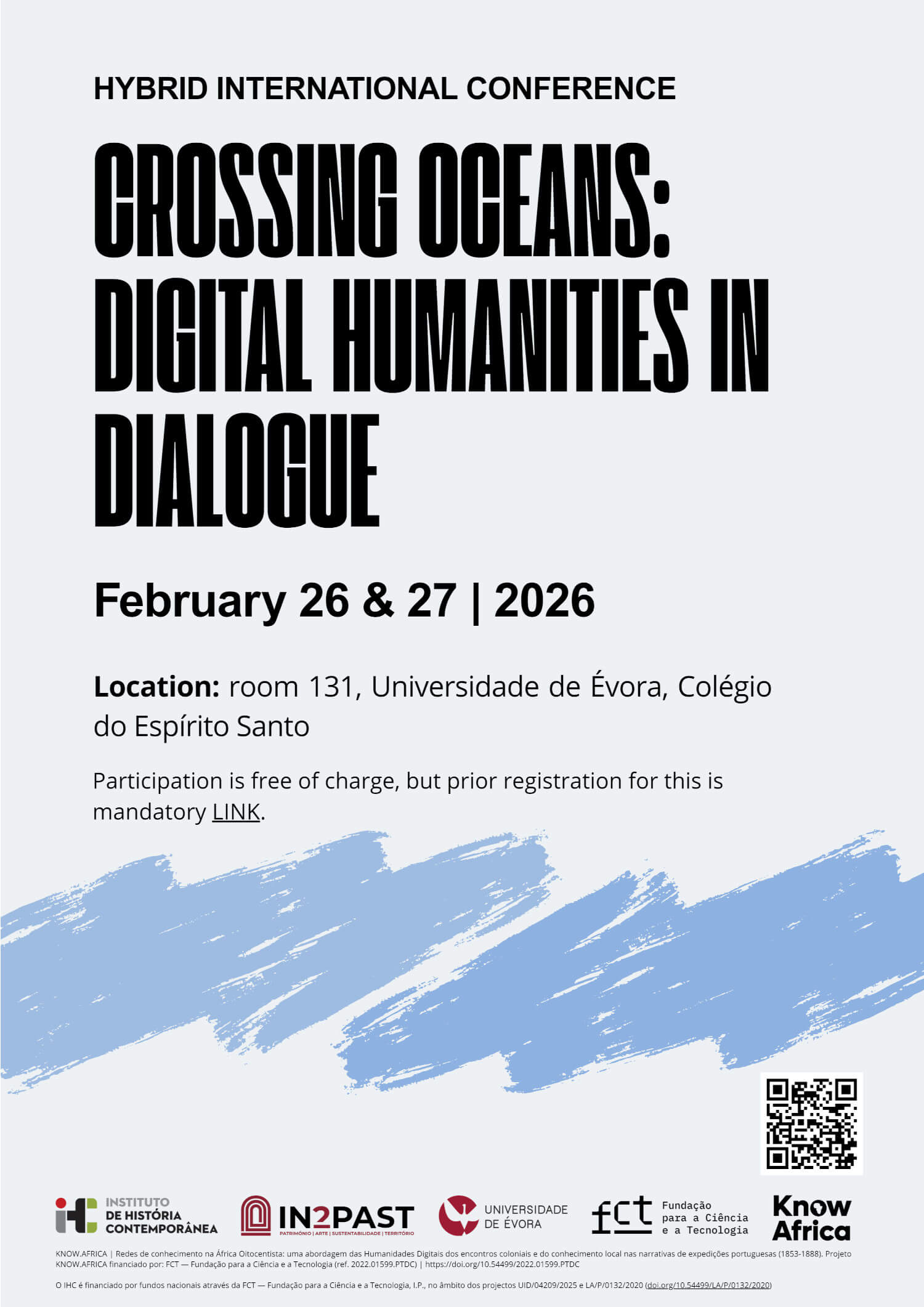
“Qual é o valor da tua ferramenta?”
Fev 19, 2021 | Capítulos, Publicações

“Qual é o valor da tua ferramenta?” Economia política e conflitos sociais durante o PREC (1974-75)
- Ricardo Noronha
- Quando a História Acelera. Resistência, movimentos sociais e o lugar do futuro
- João Carlos Louçã e Paula Godinho (Orgs.)
- 2021
- Lisboa: Instituto de História Contemporânea | Colecção E-IHC
- Idioma: Português
- ISBN: 978-989-8956-231
- 38-55 p.
Excerto:
É bem conhecida a máxima de Frederic Jameson (1994), segundo a qual se tornou mais fácil imaginar o fim do mundo do que o fim do capitalismo. Este diagnóstico encontrou um sólido ponto de ancoragem nos acontecimentos que puseram fim ao “Socialismo Real” na Europa do Leste. Para lá dos seus efeitos geopolíticos, a queda do Muro de Berlim e o colapso da União Soviética contribuíram para reforçar a ideia de que a propriedade privada e a competição correspondem à ordem natural das coisas. Data de então a tese de Francis Fukuyama (1989), segundo a qual o Liberalismo se teria convertido no derradeiro estágio da evolução política, para lá do qual se tornaria impensável imaginar senão um retrocesso para formas menos dinâmicas e mais coercivas de organizar a vida social. E, ainda que não faltem declarações em sentido contrário, o facto é que a ideia de “fim da história” parece ter ganho raízes profundas, tanto à direita como à esquerda, no seio da qual se discute intensamente a melhor forma de gerir o capitalismo, mas raramente se descortina a veleidade de o substituir por outra coisa qualquer..
Sobre o livro:
Nesta obra, vários autores foram convidados a olhar para momentos do tempo em que, como escreveu Galeano, chove de baixo para cima. A partir de várias formações disciplinares, os investigadores que responderam ao repto olham para o tempo comum, para o dia anterior, para as rotinas que corroem, mas que também permitem sobreviver, para os fluxos de gente que se movimenta à procura de uma vida melhor, para a conquista da cidade e do espaço de reconhecimento, para as margens da vida, com as pequenas histórias das personagens secundárias, dos sobreviventes, dos subversivos, dos indígenas, daqueles que em narrativa estranha são entendidos como falhados, incompletos, fadados ao fracasso, irrelevantes. Conjugar o tempo longo, através da memória, do arquivo, da fotografia e da literatura, é um exercício a partir de um dado presente, num tempo de pandemia em que a duração parece ter coagulado. Contudo, convém retirar o tempo forte do baú, e escapar das debilidades presentistas do fim da história, do presente contínuo em que tudo parece confundir-se. A tanto nos propusemos, com esta obra destinada a interrogar os momentos de aceleração da história, os que os precedem e o lastro num tempo longo.
Mais informações sobre o livro
Outras Publicações
Pesquisa
Agenda
fevereiro, 2026
Tipologia do Evento:
Todos
Todos
Apresentação
Ciclo
Colóquio
Conferência
Congresso
Curso
Debate
Encontro
Exposição
Inauguração
Jornadas
Lançamento
Mesa-redonda
Mostra
Open calls
Outros
Palestra
Roteiro
Seminário
Sessão de cinema
Simpósio
Workshop
- Event Name
seg
ter
qua
qui
sex
sab
dom
-
-
-
-
-
-
1
2
3
4
5
6
7
8
9
10
11
12
13
14
15
16
17
18
19
20
21
22
23
24
25
26
27
28
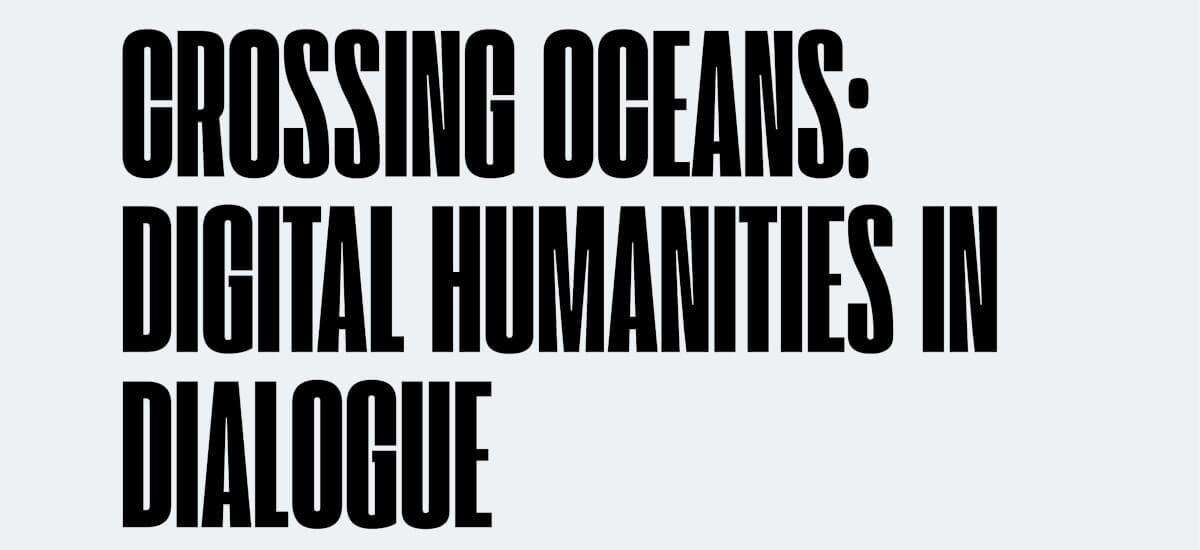
Detalhes do Evento
Conferência que tem como objectivo abrir espaço para o diálogo sobre como as Humanidades Digitais podem impulsionar abordagens plurais da história, da memória, do património e da criatividade.
Ver mais
Detalhes do Evento
Conferência que tem como objectivo abrir espaço para o diálogo sobre como as Humanidades Digitais podem impulsionar abordagens plurais da história, da memória, do património e da criatividade.
Crossing Oceans: Digital Humanities in Dialogue
We are pleased to announce the international conference Crossing Oceans: Digital Humanities in Dialogue, bringing together researchers, practitioners, and digital humanists from all around the globe. This event seeks to create a space of truly transoceanic dialogue to discuss the present and future of Digital Humanities.
The conference invites participants to rethink methodologies for work in the Humanities at a time when digital transformations are reshaping how we investigate, interpret, and share knowledge. The digitization of archival materials, alongside the proliferation of born-digital records, has multiplied the sources available for historical, literary, and cultural analysis. Today, researchers have at their disposal a wide range of digital tools and software that allow them to organise, interpret, manipulate, share, and store data in increasingly diverse ways, opening new pathways for both collaborative and innovative research. At the same time, the emergence of artificial intelligence challenges us to critically assess both the possibilities and the risks of automated tools in the construction of knowledge.
Programme highlights
26 February
08:30 GMT – Registration and welcome coffee
08:45 GMT – Opening
09:00–10:30 GMT – Digital archives and collections
10:30–12:00 GMT – Digital heritage
13:00–15:00 GMT – Round-table
15:00–15:30 GMT – Coffee break
15:30–17:00 GMT – Digital approaches to colonialism
17:00–18:30 GMT – Databases and archives
27 February
08:30 GMT – Welcome coffee
09:00–10:30 GMT – Artificial Intelligence
10:30–12:00 GMT – Databases
113:00–15:00 GMT – Round-table
15:00–15:30 – Coffee break
15:30–17:00 GMT – Infrastructures and methods
17:00–18:30 GMT – Artificial Intelligence
Call for papers
By crossing oceans and perspectives, this conference aims to open the space for dialogue on how Digital Humanities can boost plural approaches to history, memory, heritage, and creativity, while also confronting questions of accessibility, ethics, and epistemic justice, as when we use these tools to give voice to new agents previously made invisible by traditional historiography, for instance.
On this conference, we welcome contributions on topics including but not limited to:
- Methodological innovations in Digital Humanities research.
- The impact of AI on the Humanities and critical approaches to its use.
- Digitization projects and the challenges of working with born-digital materials.
- Digital strategies for reaching non-academic audiences.
- Tools and projects that facilitate collaborative and transnational projects.
Submission period: 20 October – 5 December 2025 26 January 2026 [new deadline]
Participation: Free of charge, registration required
Language: English (presentations in other languages may be considered)
🔗 Registration and proposal submission
Organisation
Organising Committee
Anderson Antunes (University of Évora / IHC / IN2PAST)
Sara Albuquerque (University of Évora / IHC / IN2PAST)
Scientific Committee
Ana Margarida Dias da Silva (University of Coimbra / CHSC / DCV-UC)
Anderson Antunes (University of Évora / IHC / IN2PAST)
Daniel Alves (IHC — NOVA FCSH / IN2PAST)
Santiago Perez (CEComp — FLUL)
Sara Albuquerque (University of Évora / IHC / IN2PAST)
Silvia Valencich Frota (CEComp — FLUL)
Executive Committee
Anderson Antunes (University of Évora / IHC / IN2PAST)
Diana Barbosa (IHC — NOVA FCSH / IN2PAST)
Sara Albuquerque (University of Évora / IHC / IN2PAST)
Paula Gentil Santos (University of Évora)
This conference is inspired by the KNOW.AFRICA project (https://doi.org/10.54499/2022.01599.PTDC), which investigates nineteenth-century Portuguese scientific expeditions in Angola by highlighting the invisible contributions of local agents who made travelling and collecting possible. In this project, we analyse how cooks, guides, interpreters, porters, local rulers, and others, collaborated with the construction of knowledge and the formation of scientific collections. Through the use of Digital Humanities methods and tools – such as GIS mapping, network analysis and visualisation, databases, and interactive digital timelines – KNOW.AFRICA aims to explore how digital tools can assist in the construction and dissemination of historical knowledge. By combining archival research with digital tools, the project not only advances academic debates on colonial science but also develops outputs aimed at wider publics, including digital exhibitions, podcasts, and interactive maps and timelines. In this way, KNOW.AFRICA aims to use the Digital Humanities as a way to bridge research and dissemination, turning historical inquiry into a shared, multidisciplinary and collaborative process.
Tempo
26 (Quinta-feira) 8:30 am - 27 (Sexta-feira) 6:30 pm
Organizador
Instituto de História Contemporânea — Universidade de Évoracehfc@uevora.pt Largo dos Colegiais, 2 — 7000-812 Évora
Notícias
VINCULUM — Um fim e um novo começo
Fev 24, 2026
A FCSH acolheu a a sessão de encerramento do projecto VINCULUM
Em Março, Lisboa é a Capital da Intriga Internacional
Fev 21, 2026
Entre 2 e 31 de Março, na Cinemateca Portuguesa
Anita Buhin está em missão de investigação em Itália
Fev 20, 2026
É Investigadora Visitante no CAST da Universidade de Bolonha
































